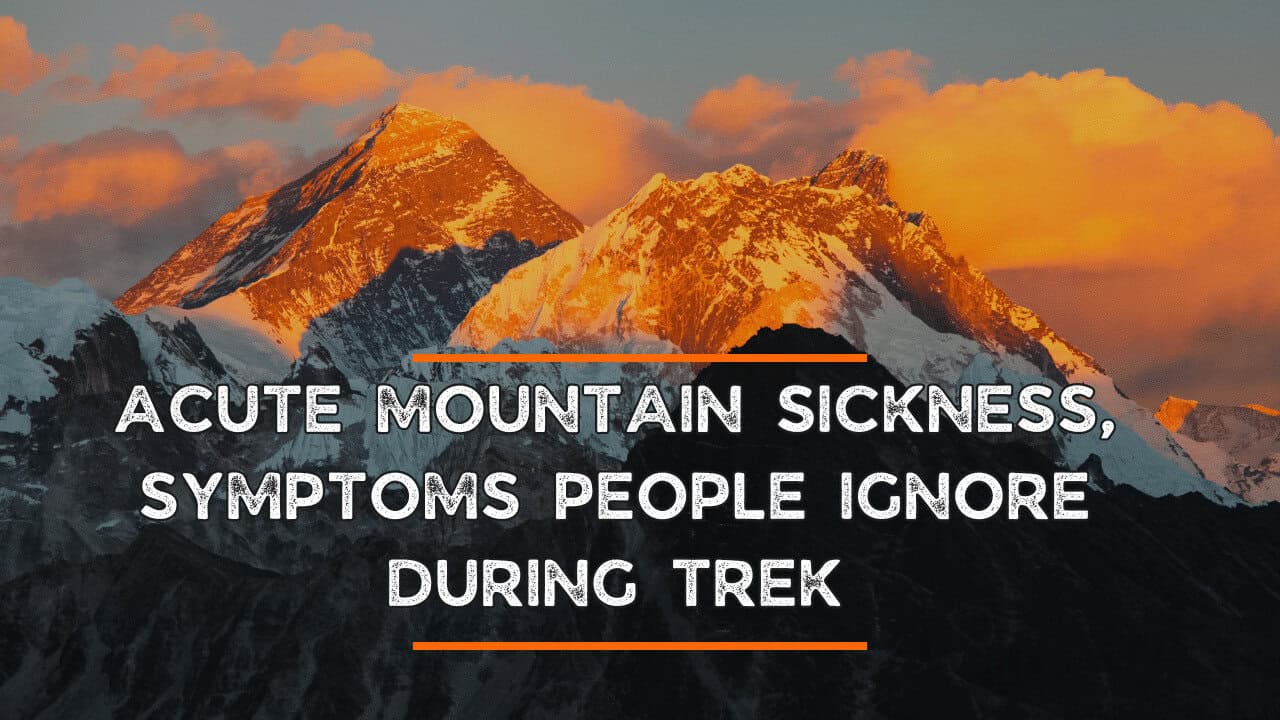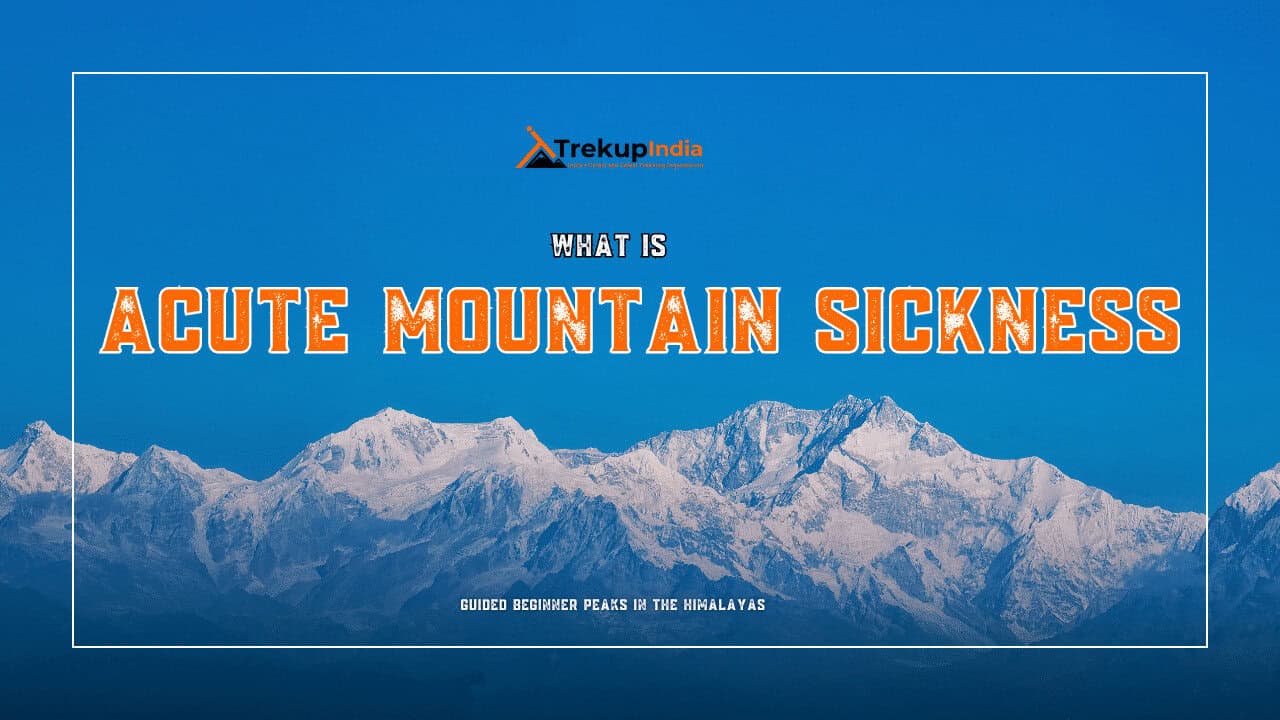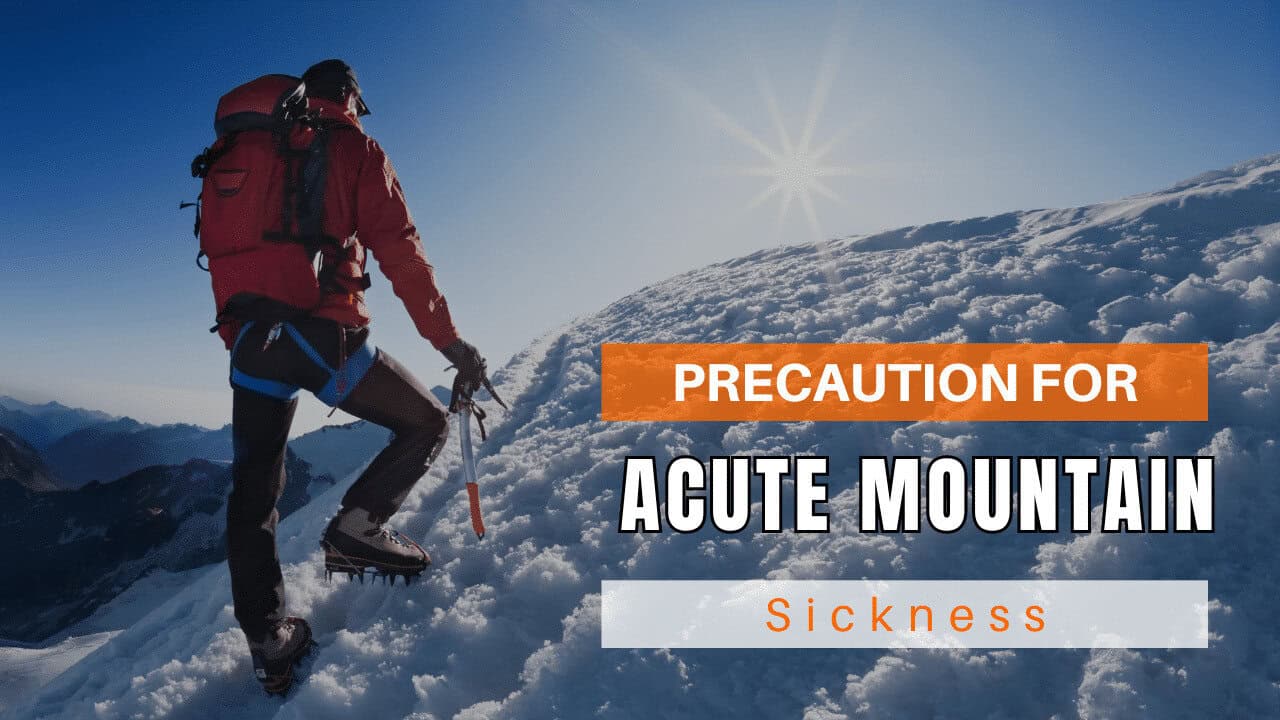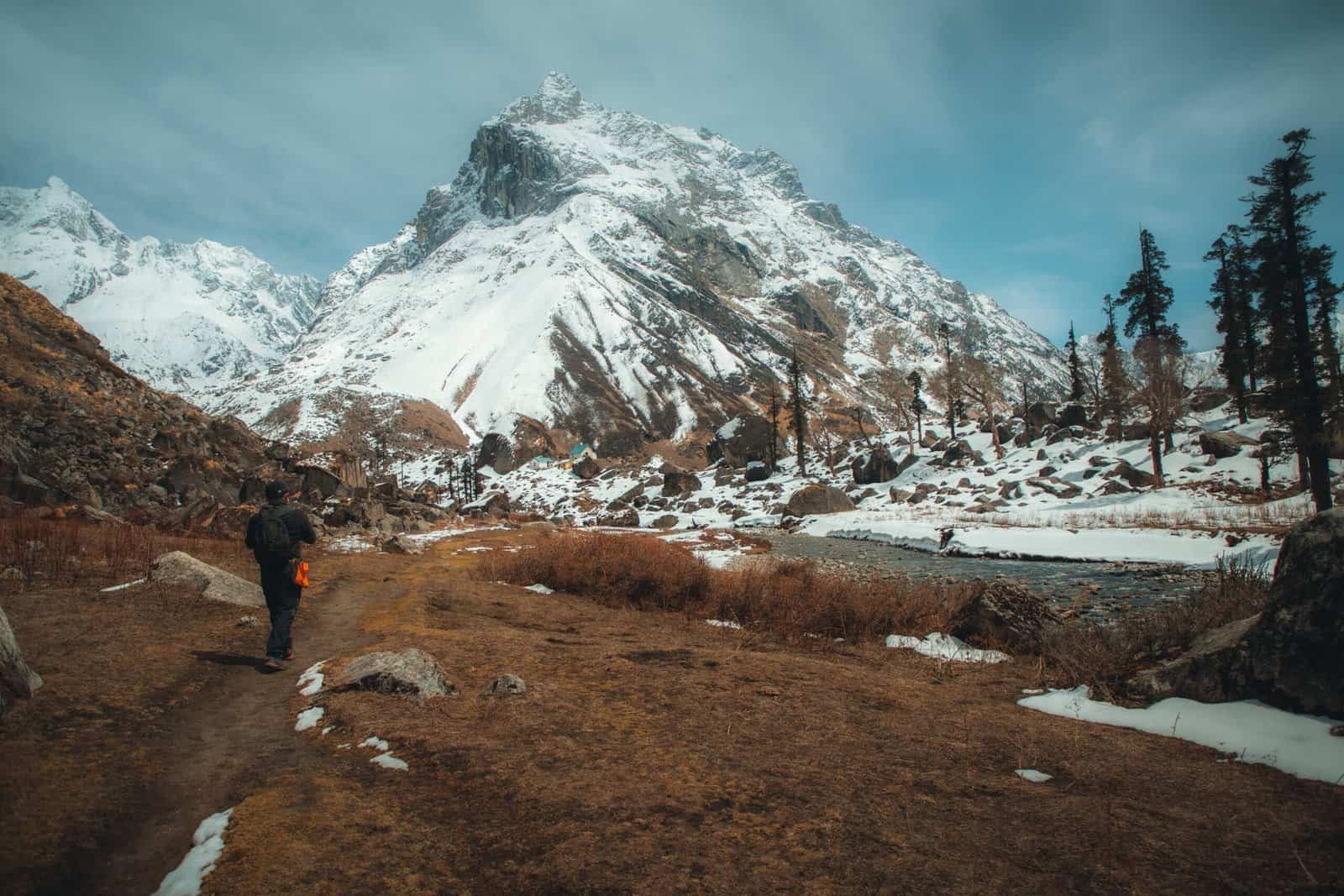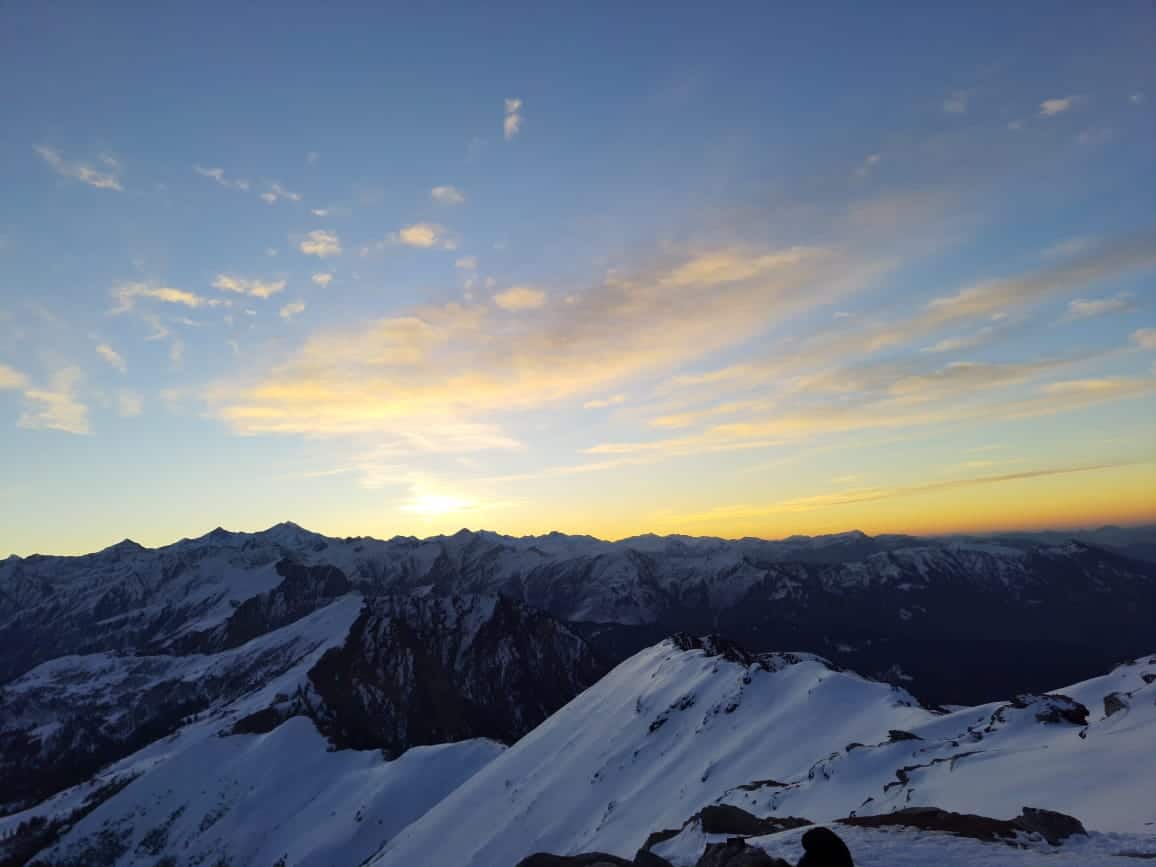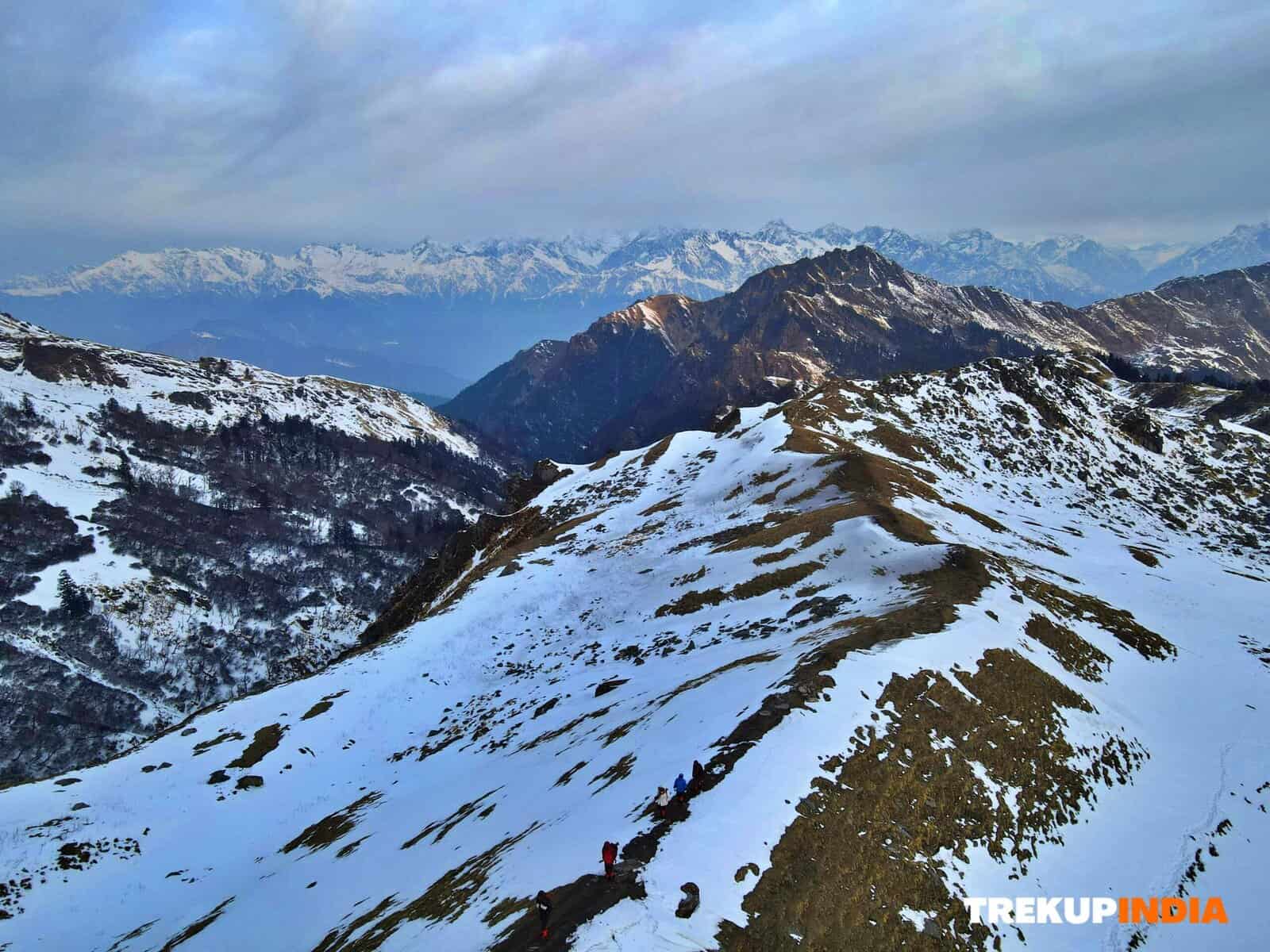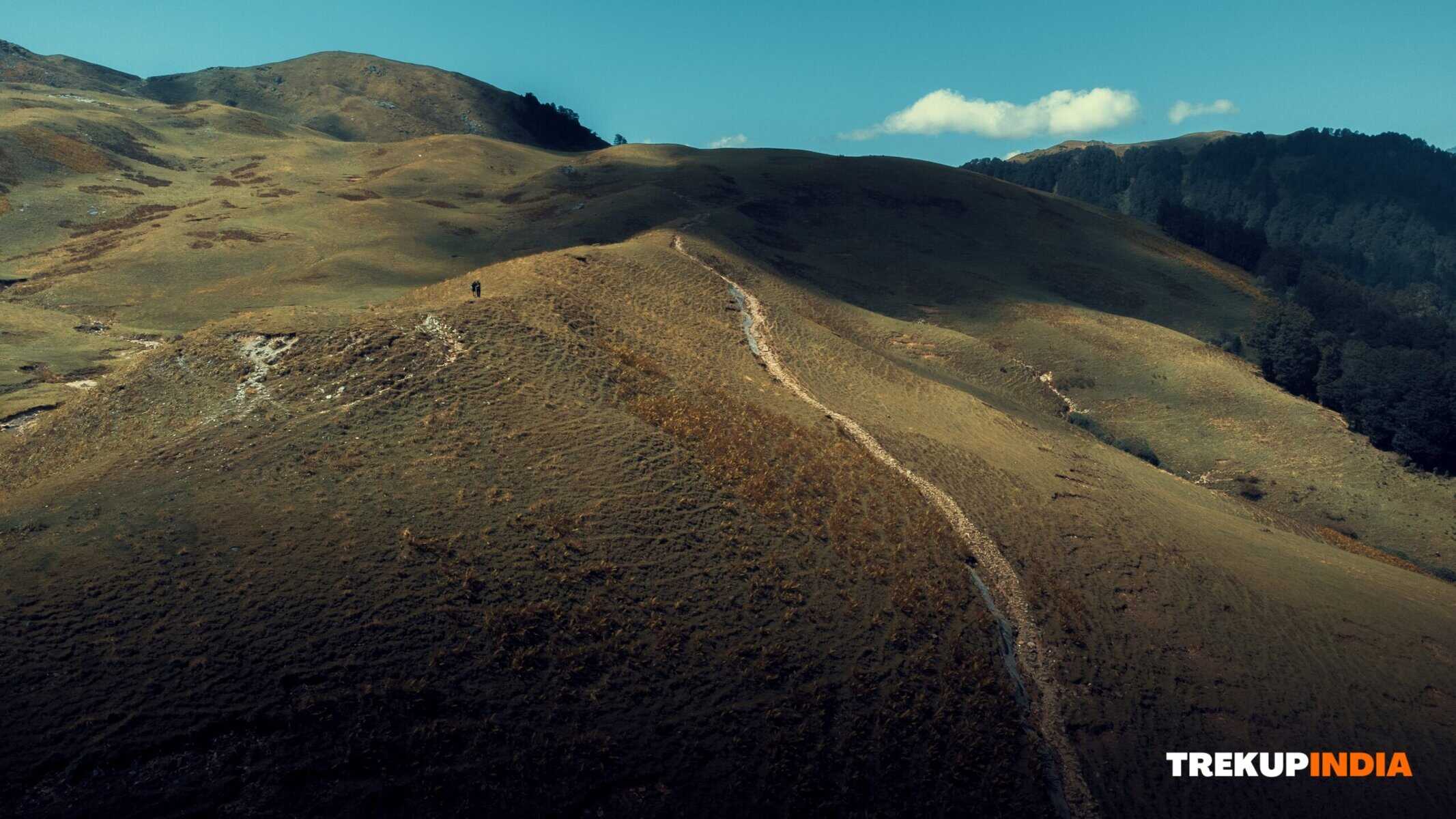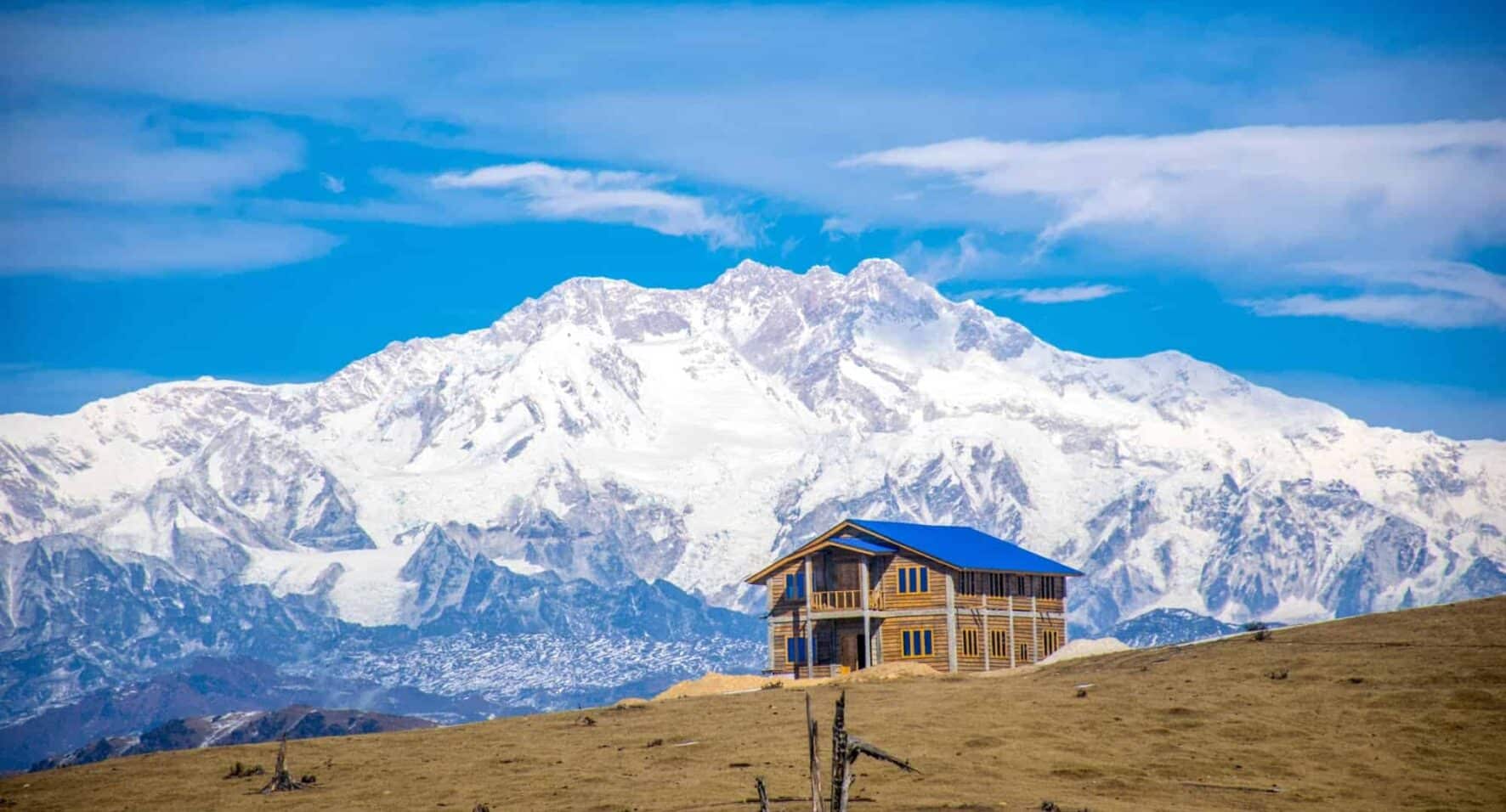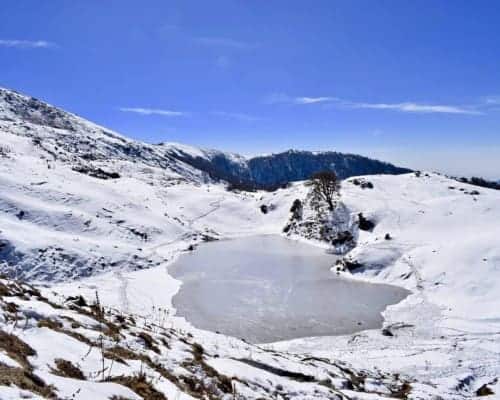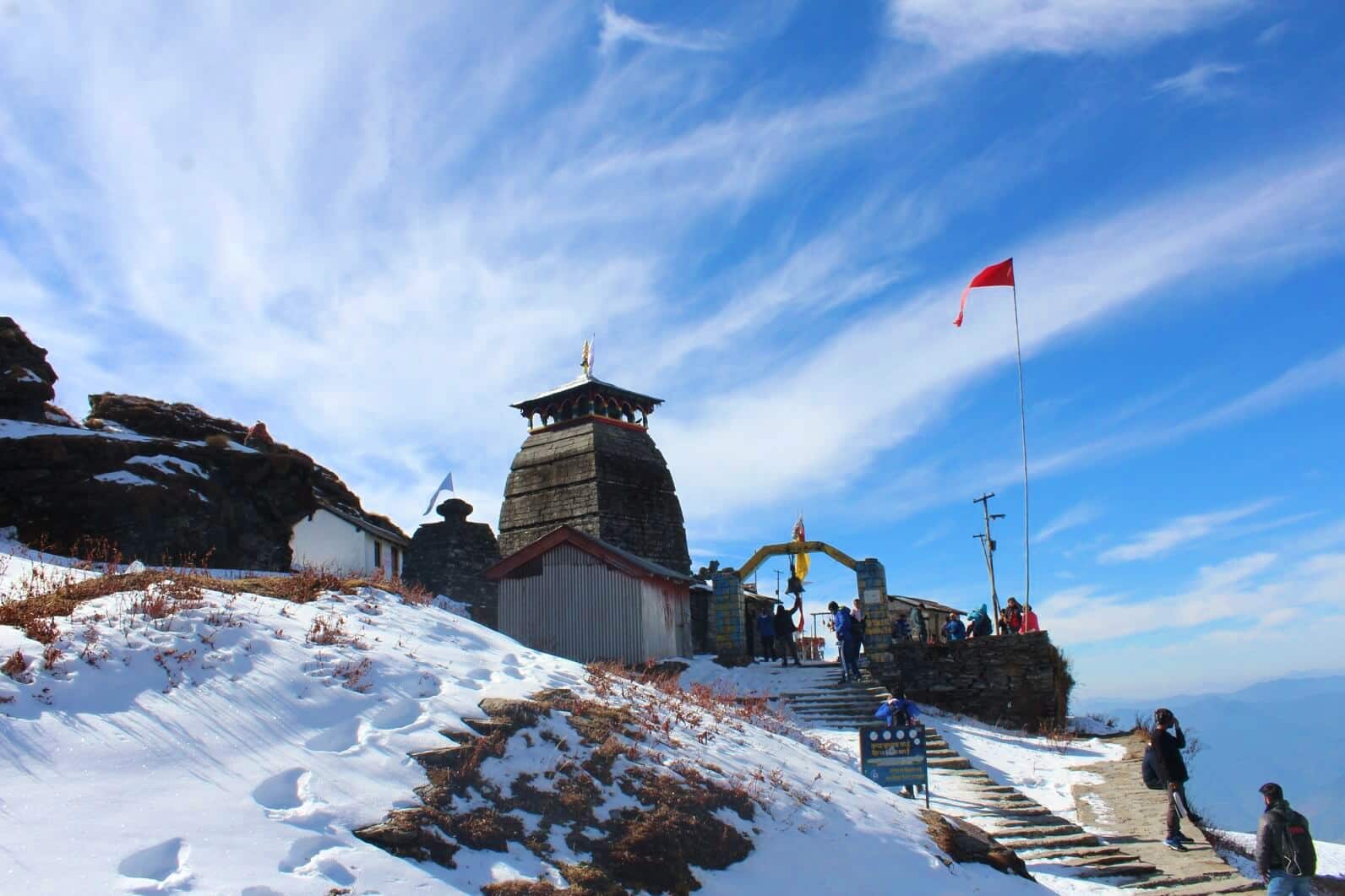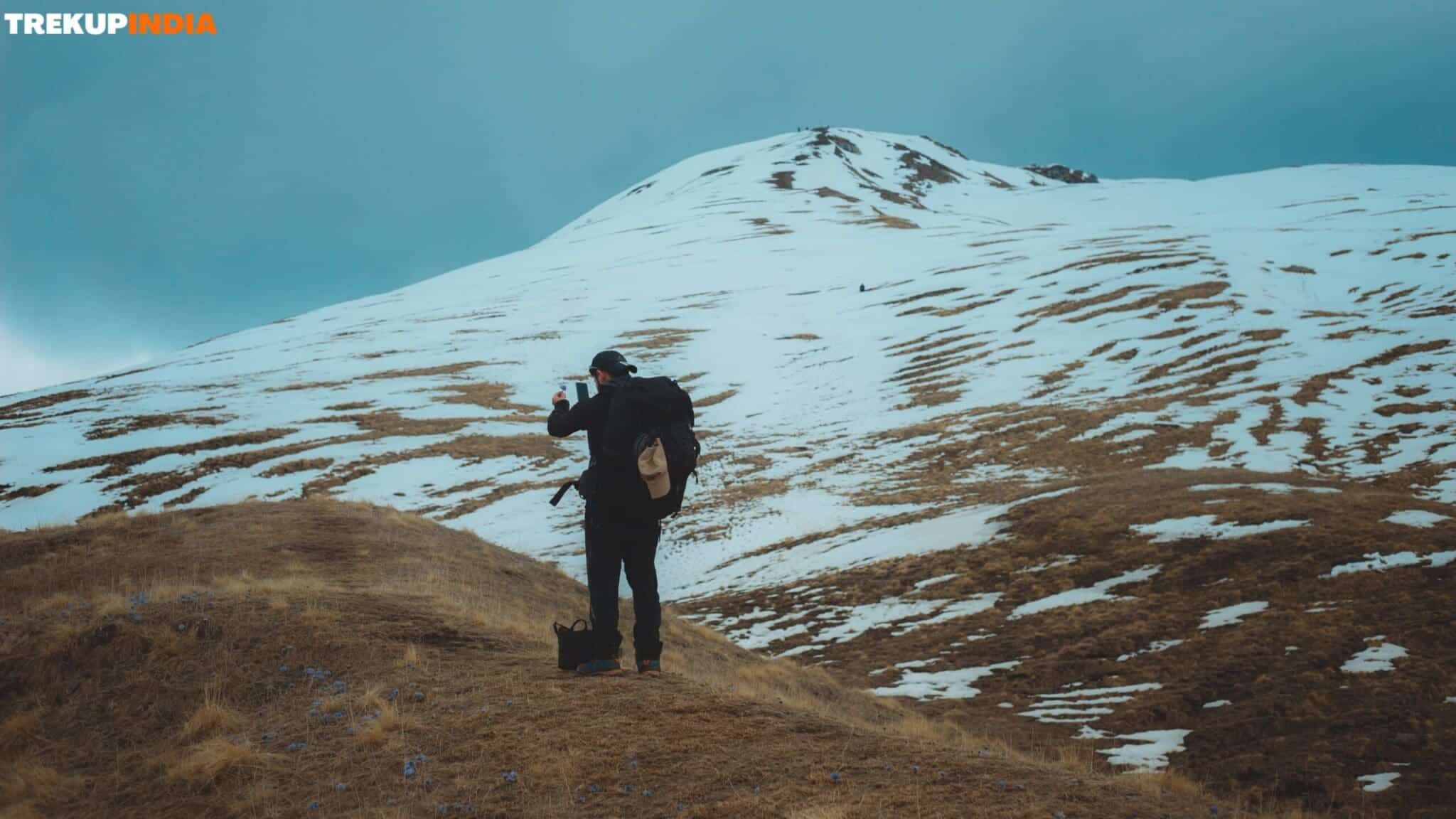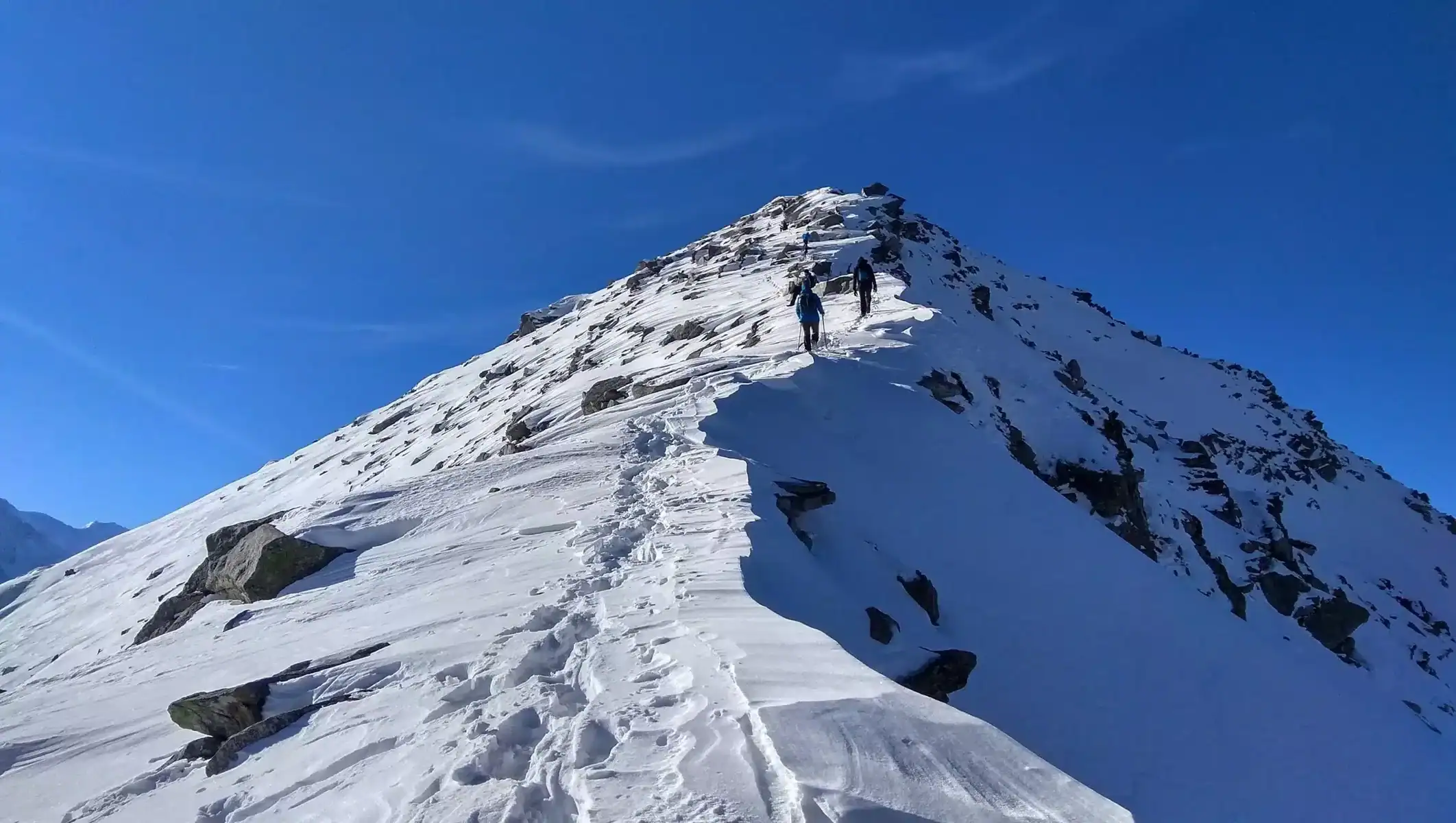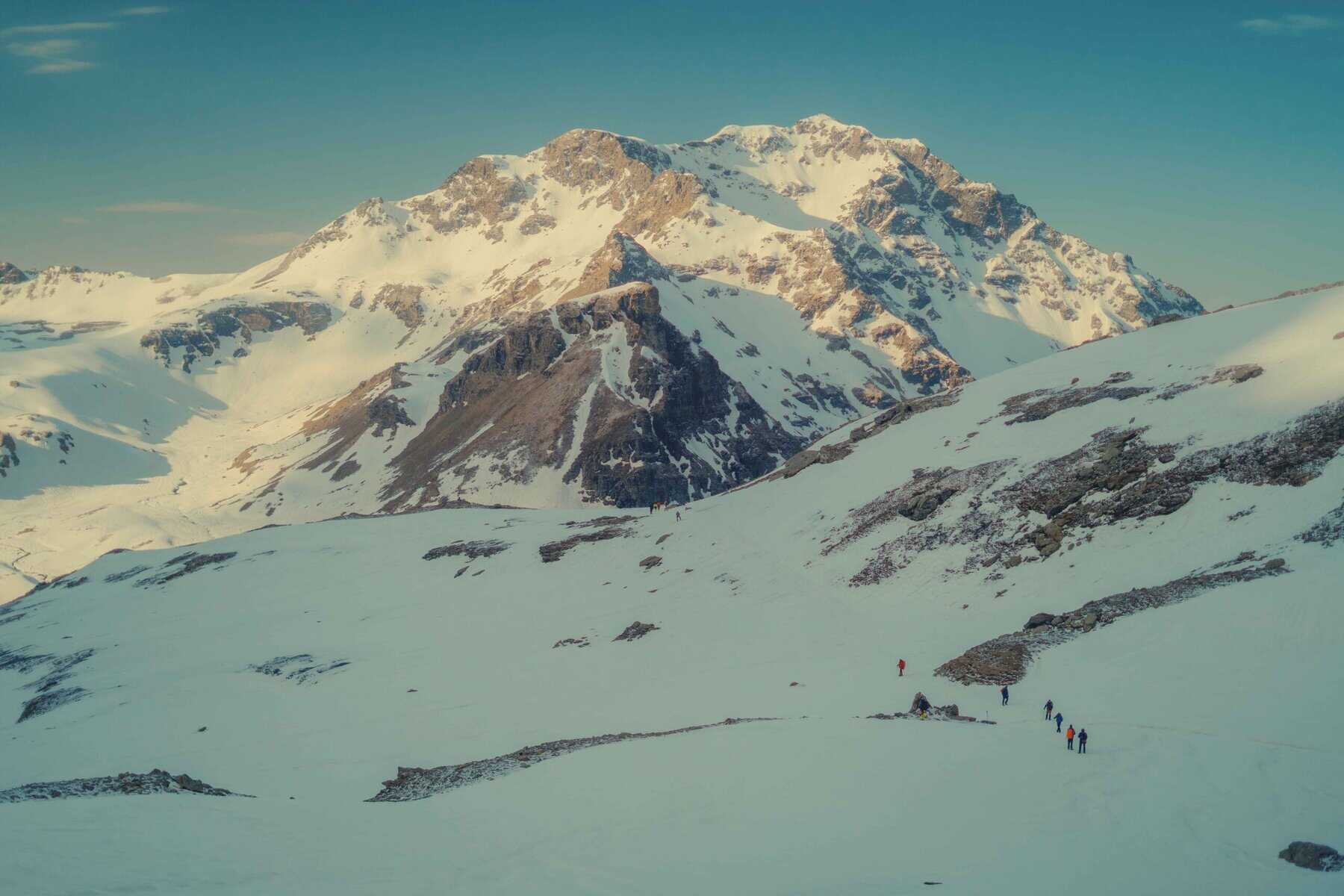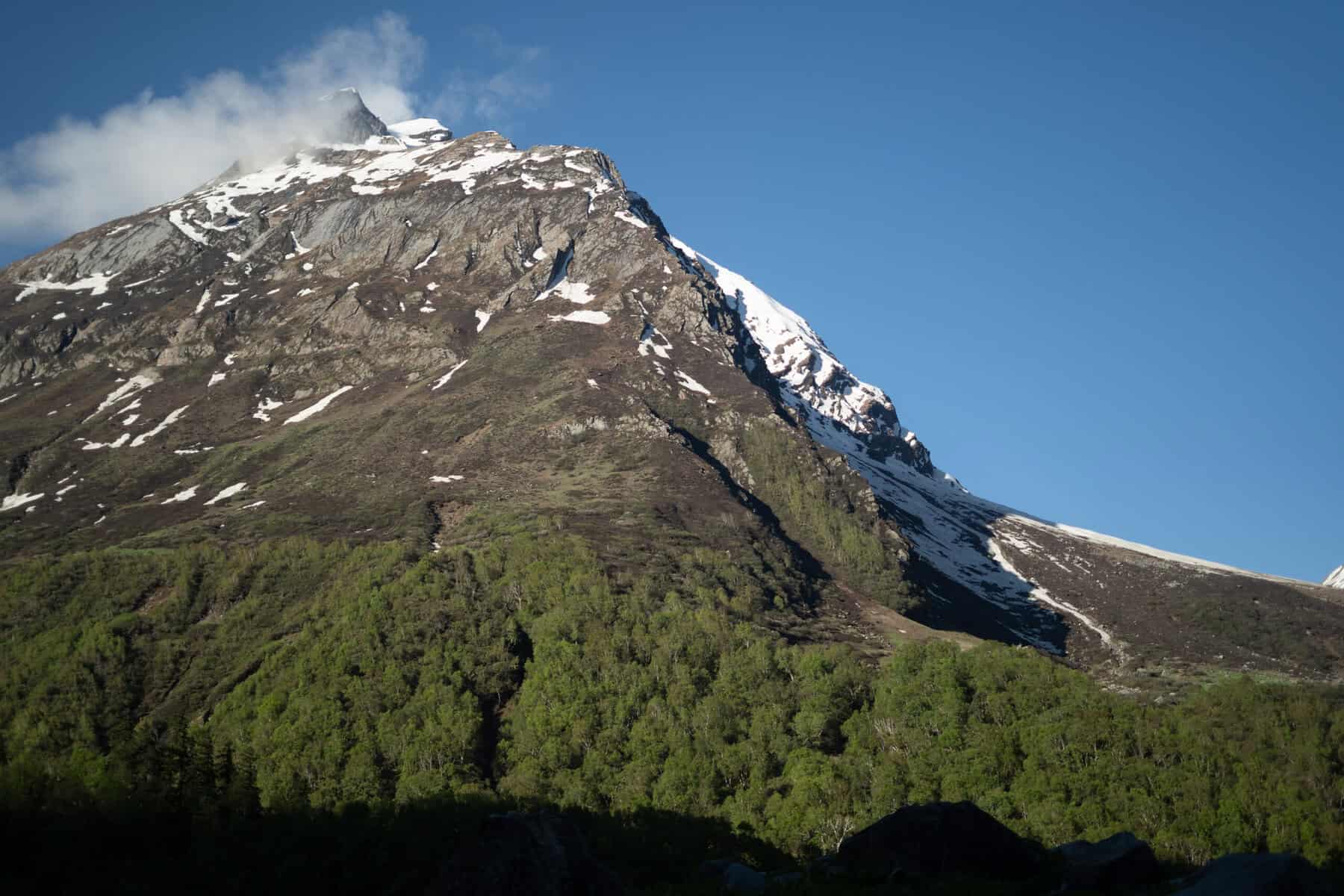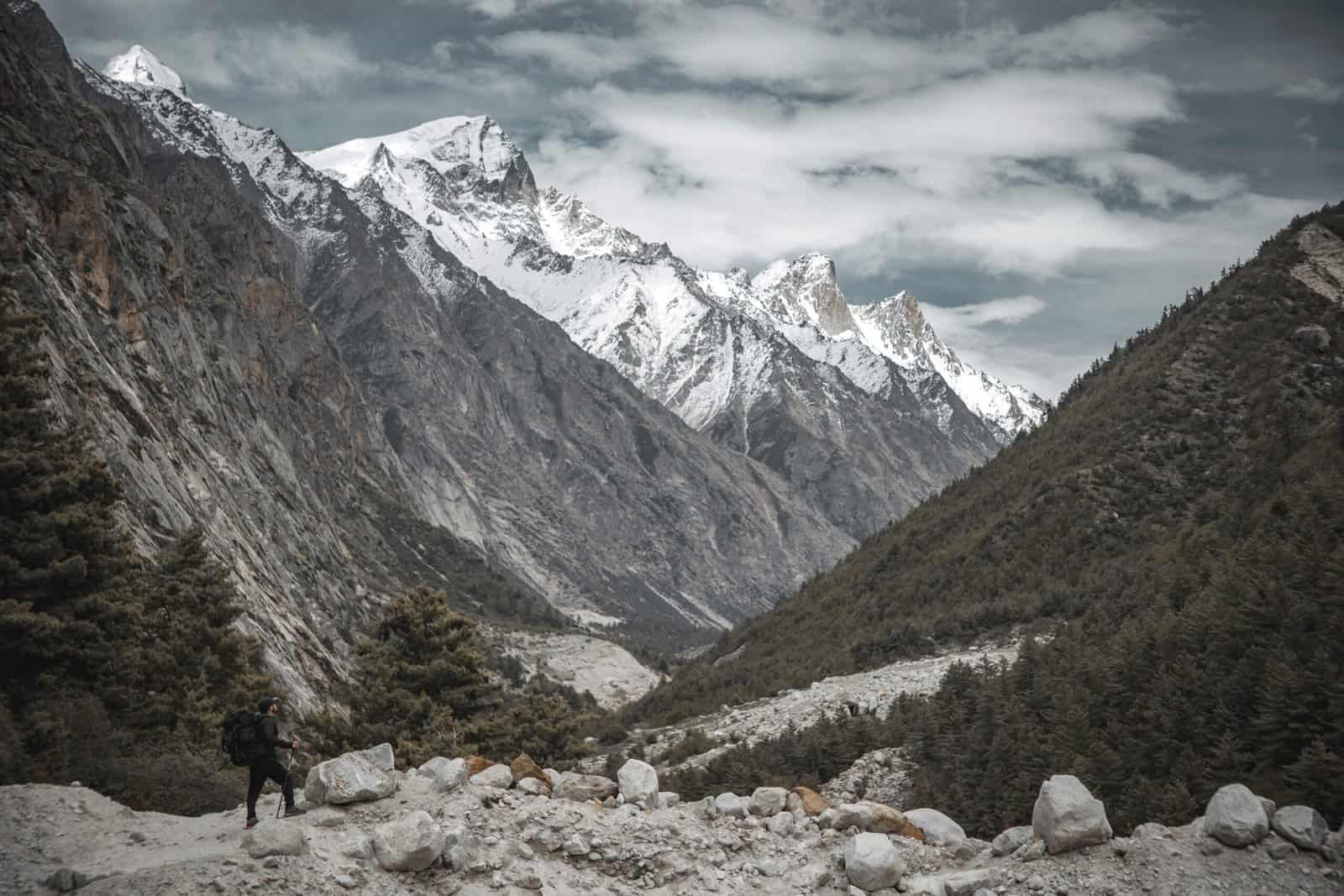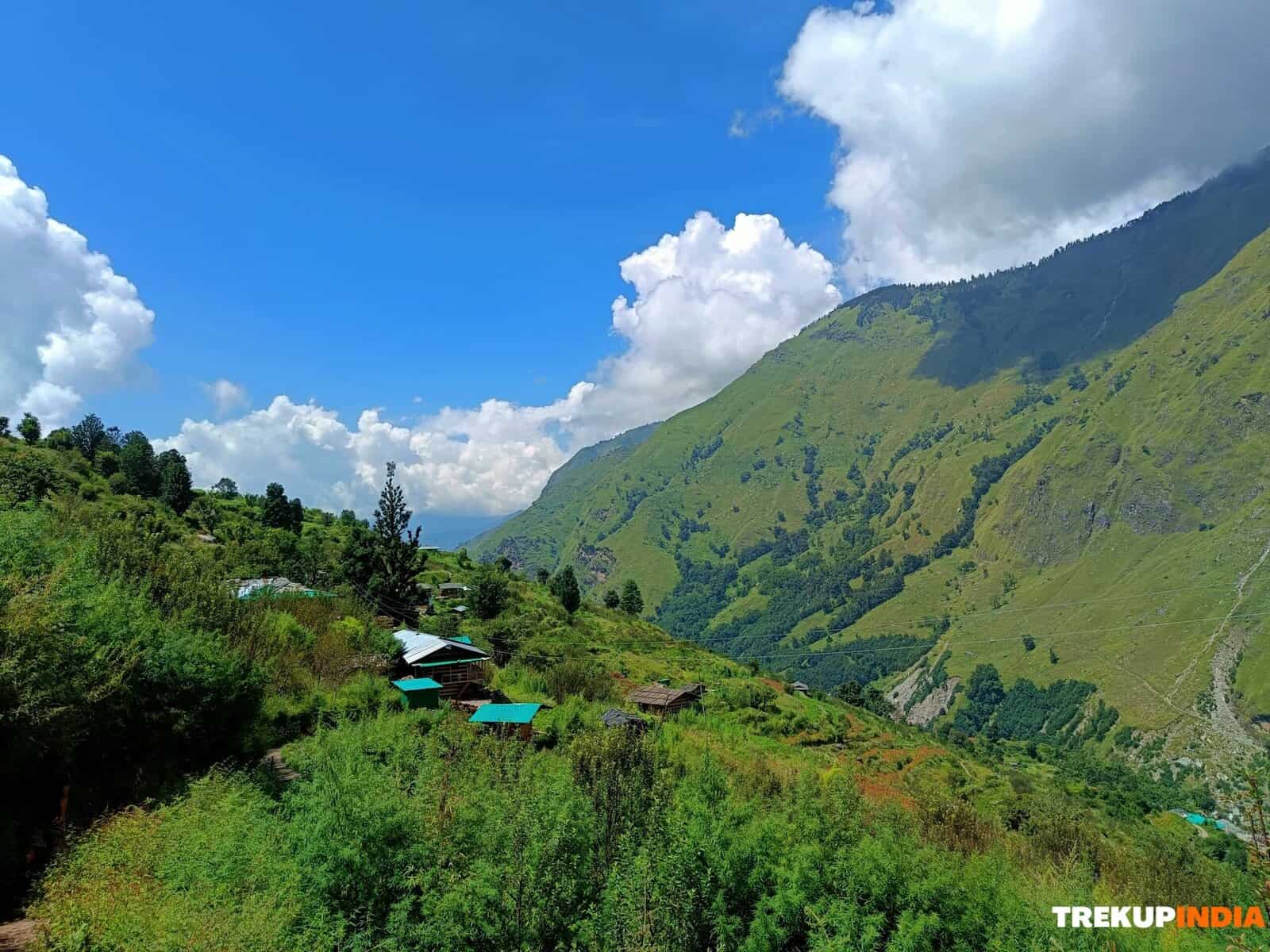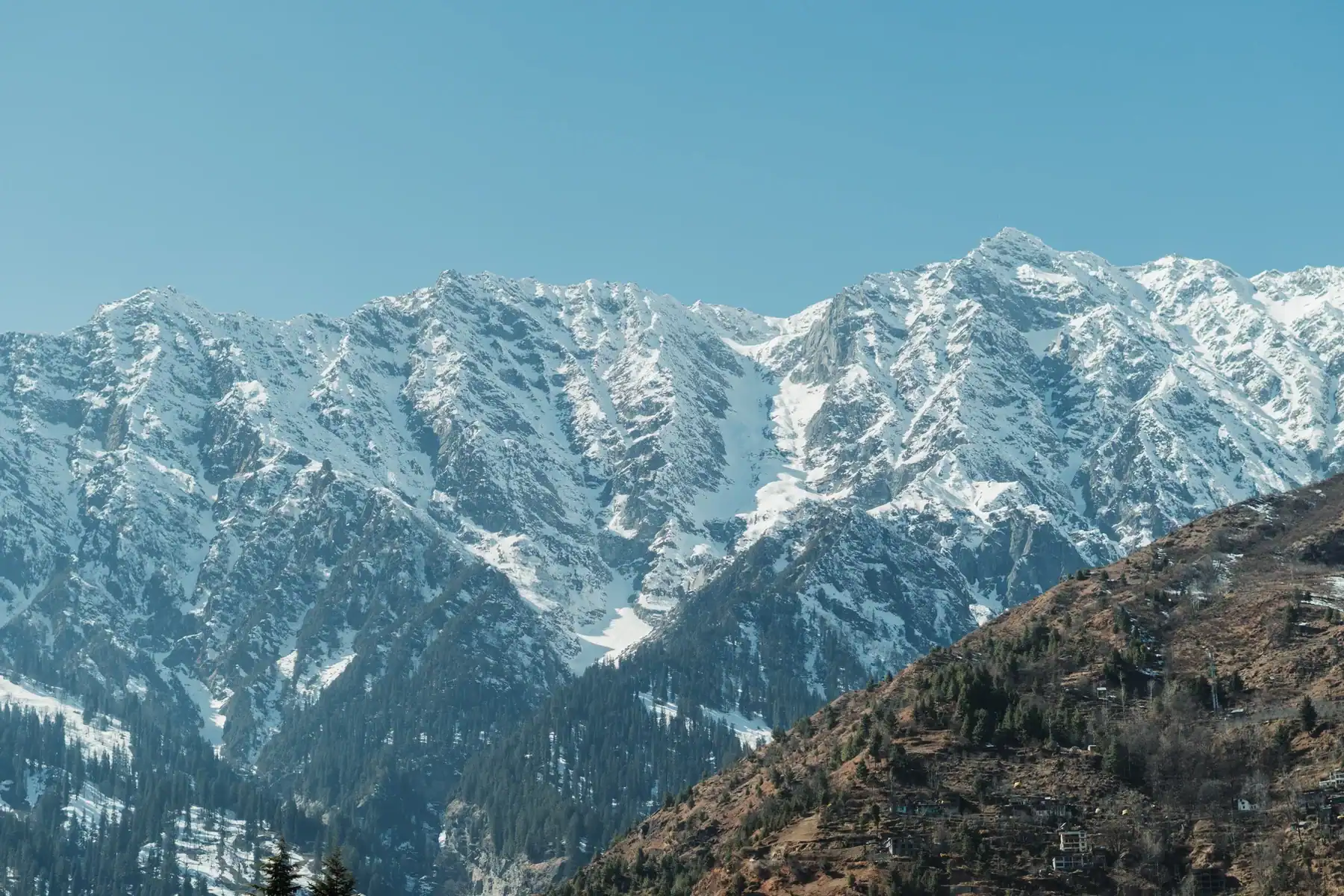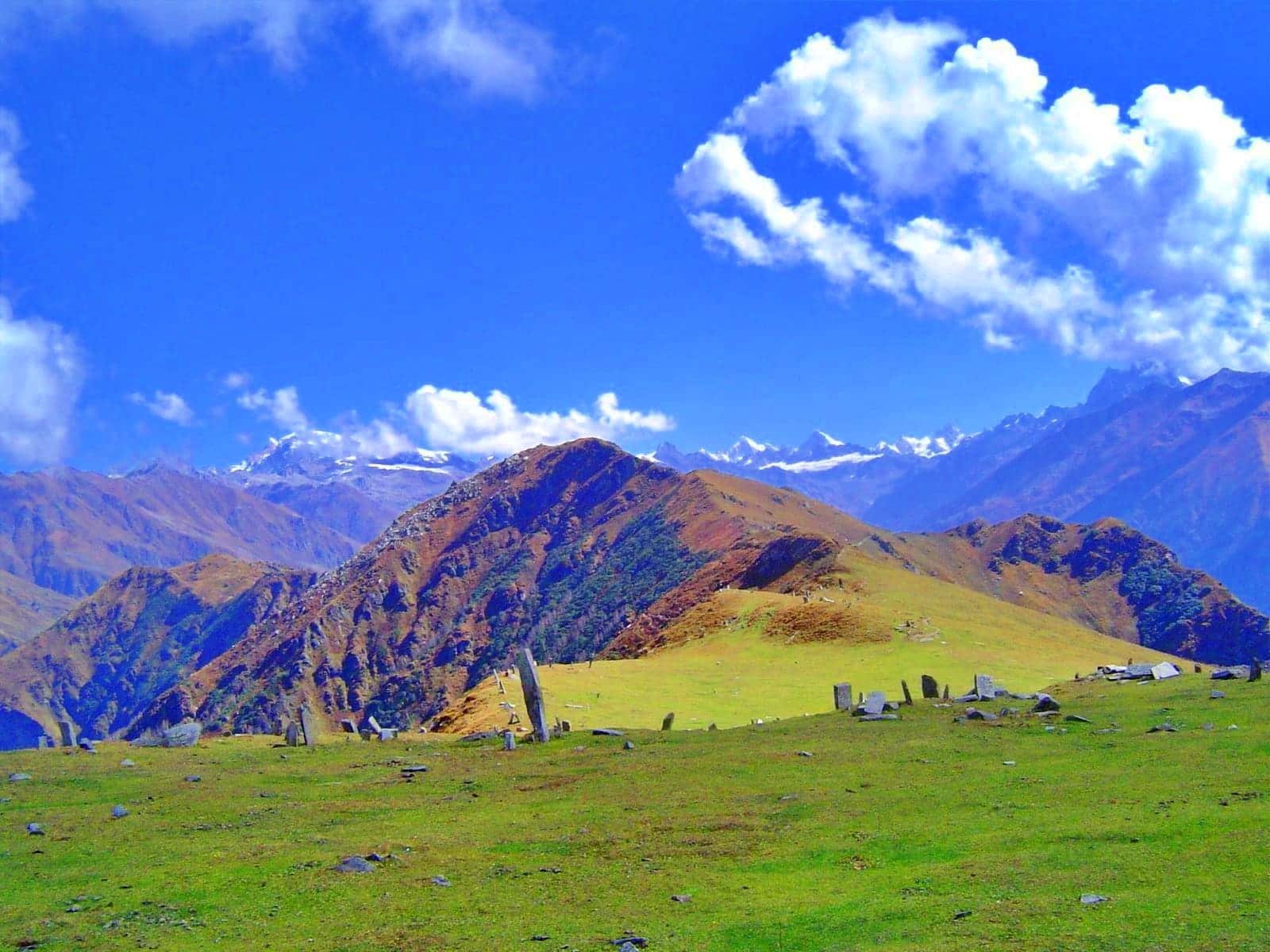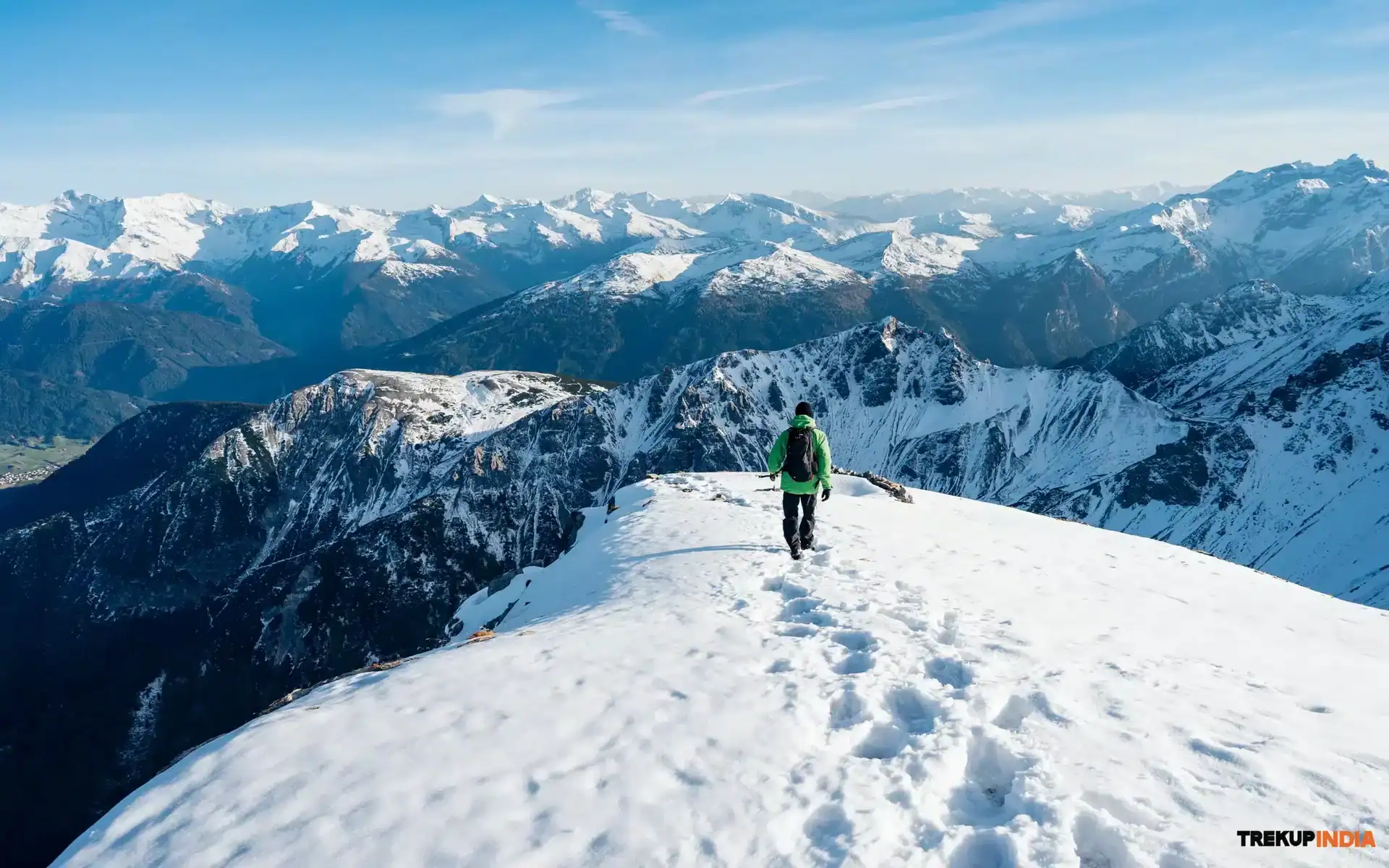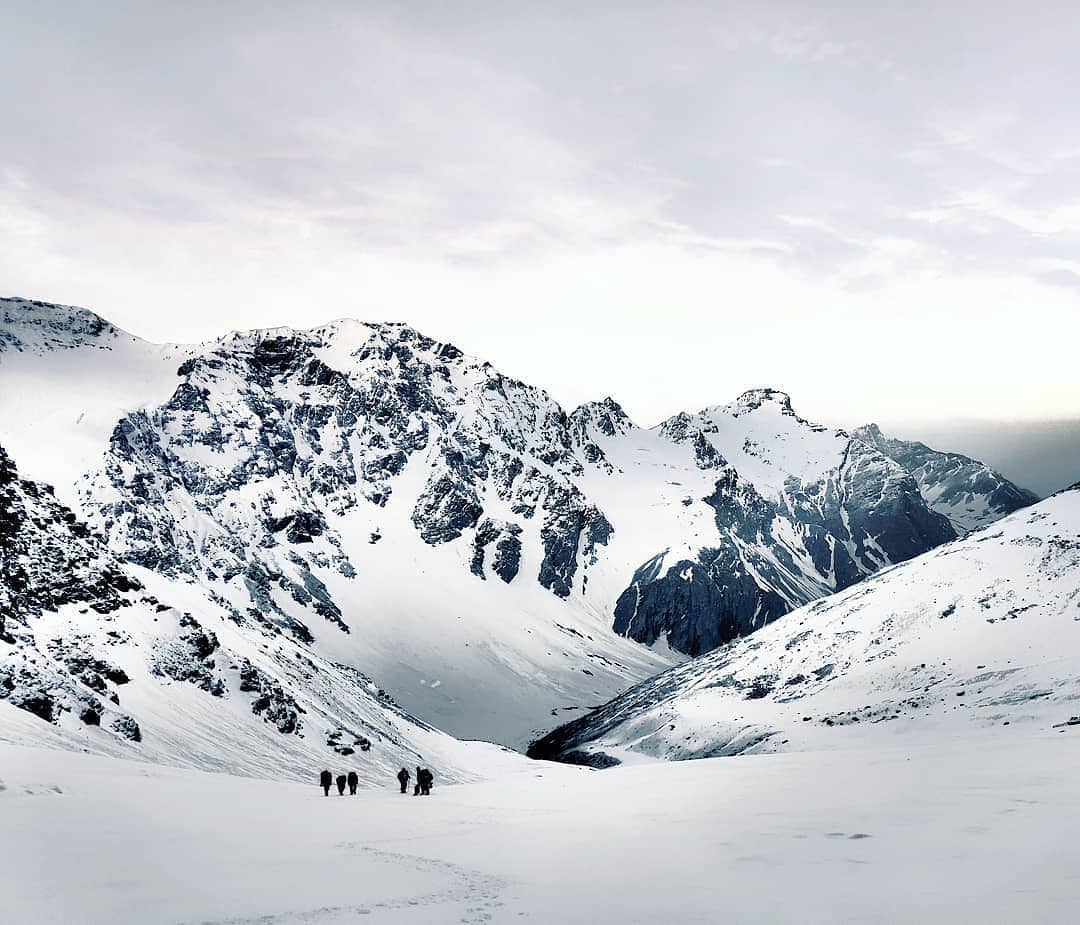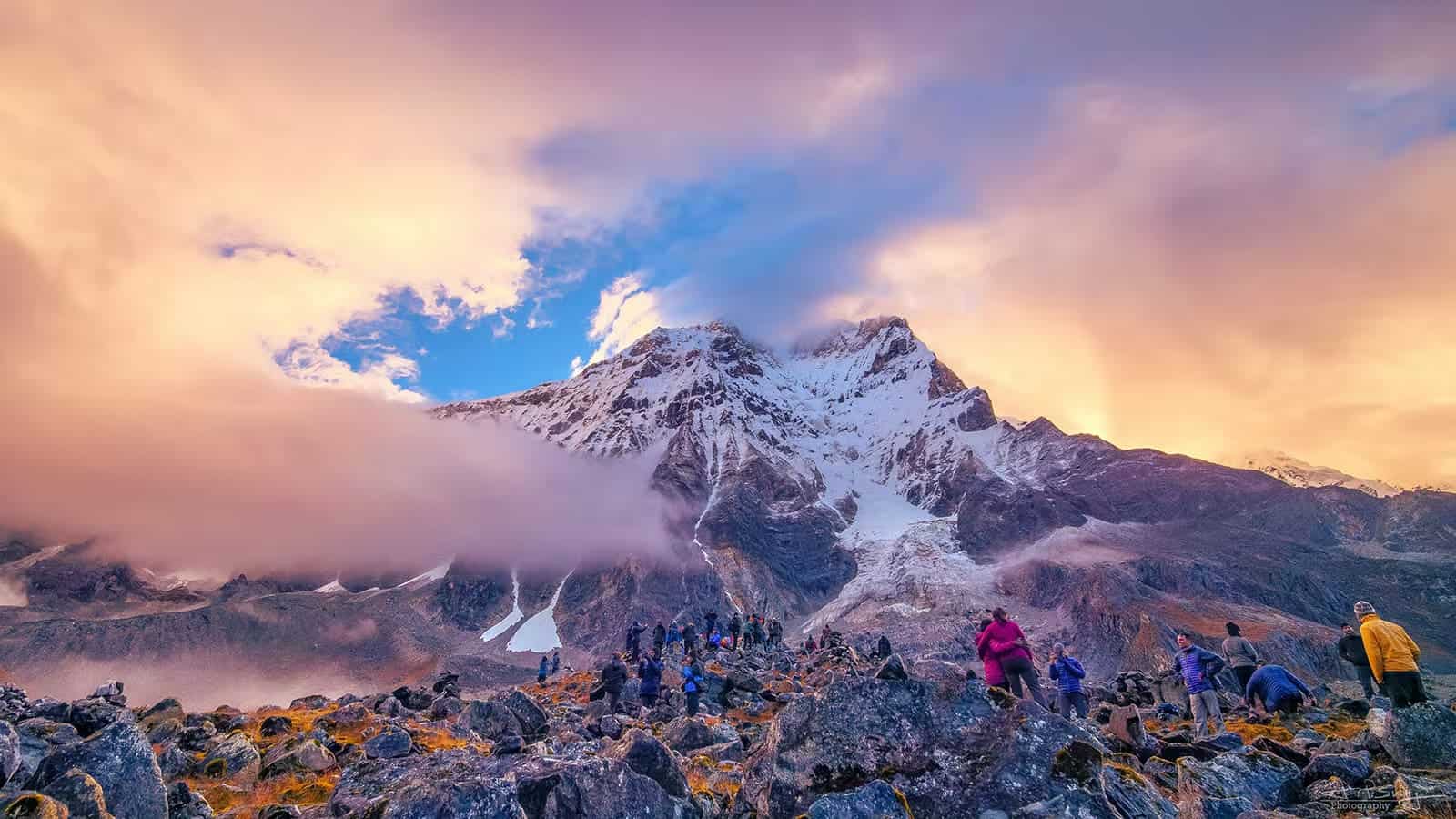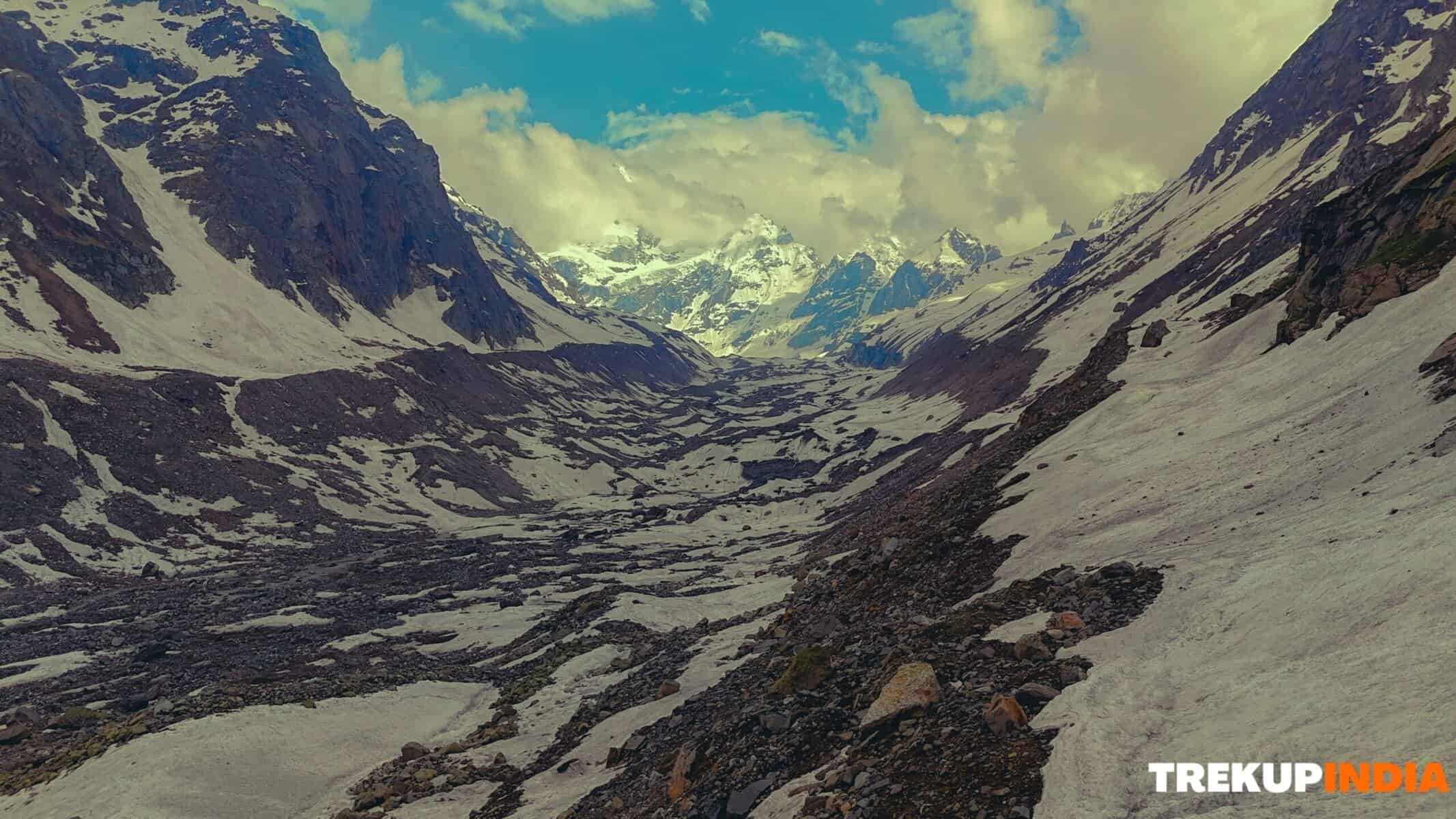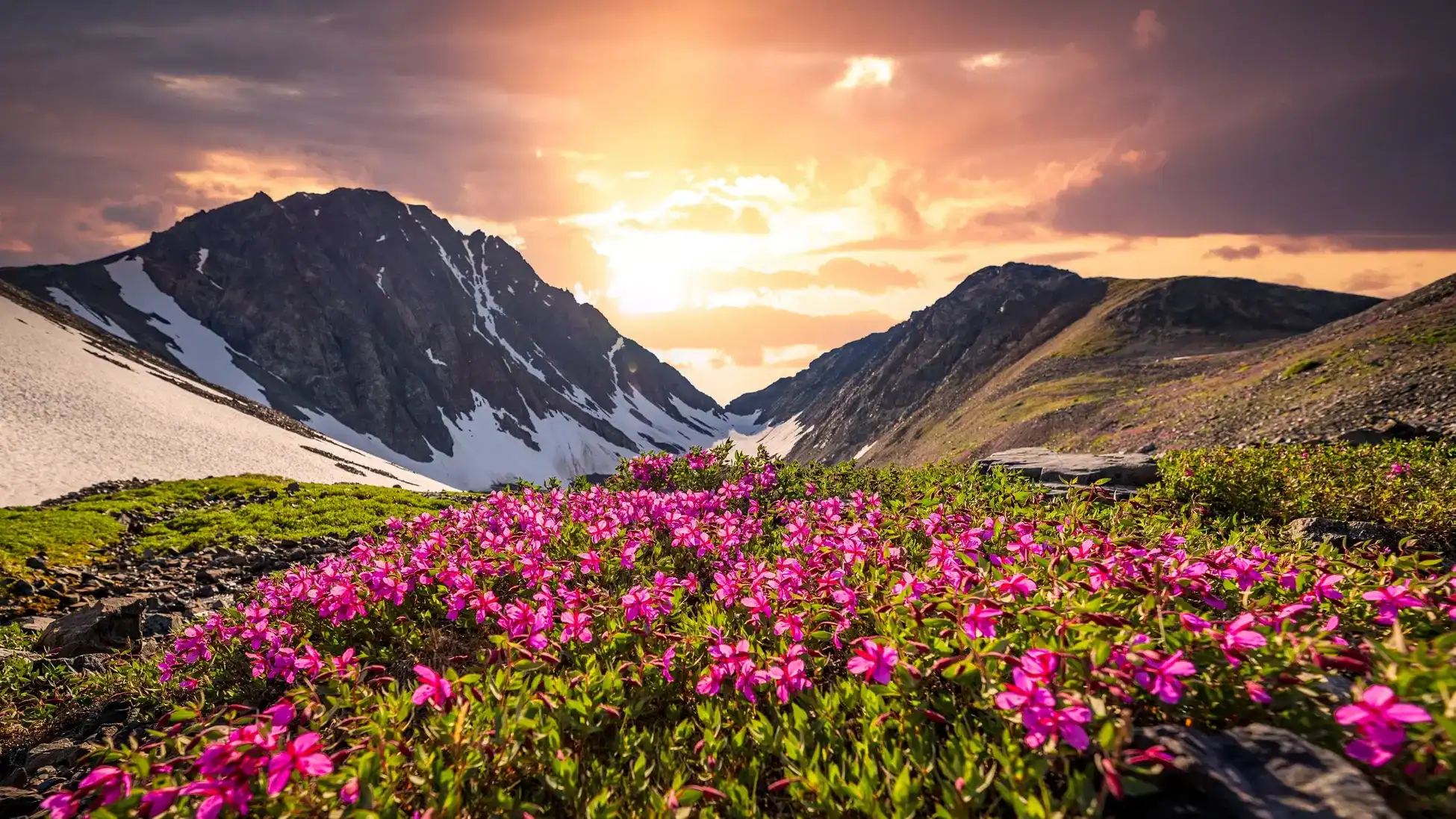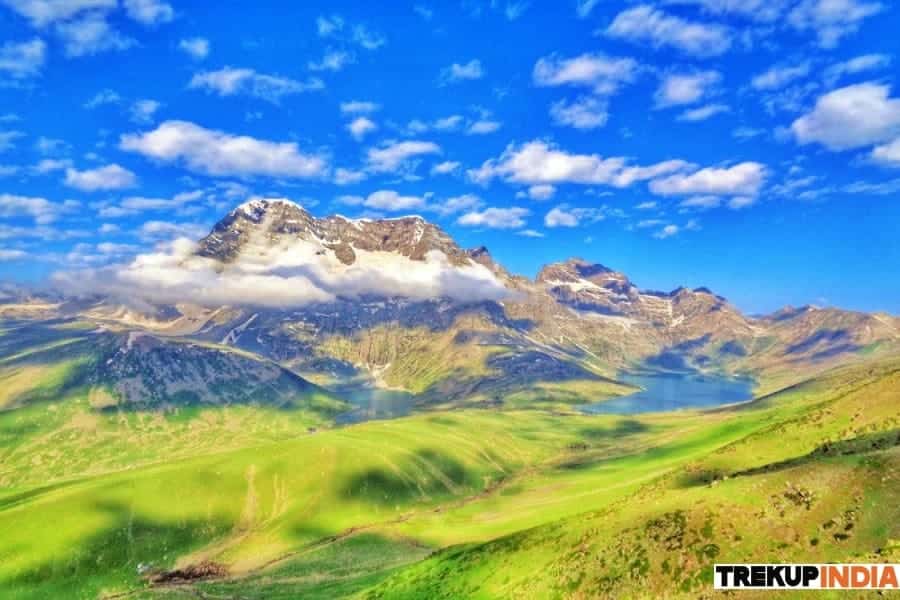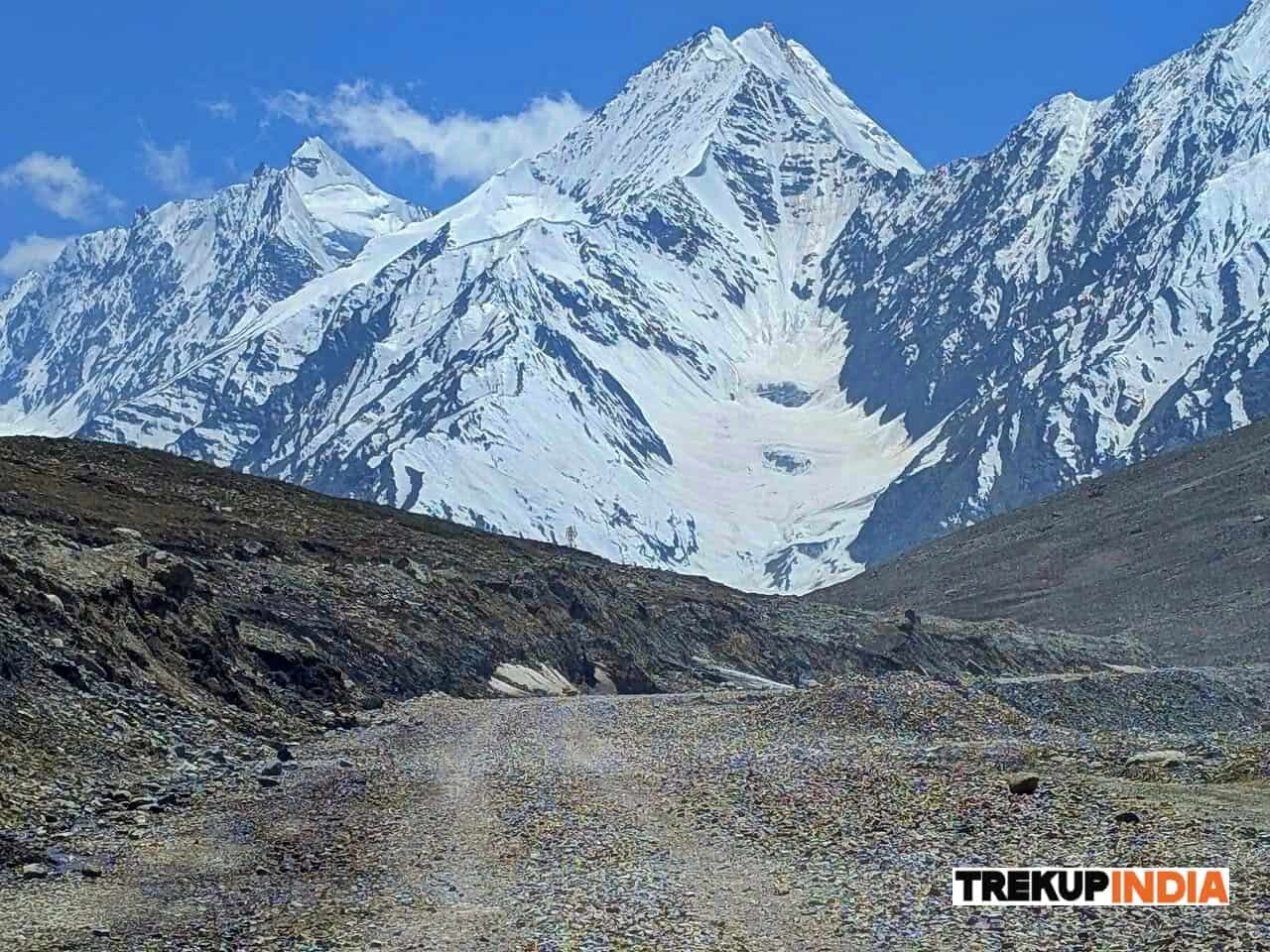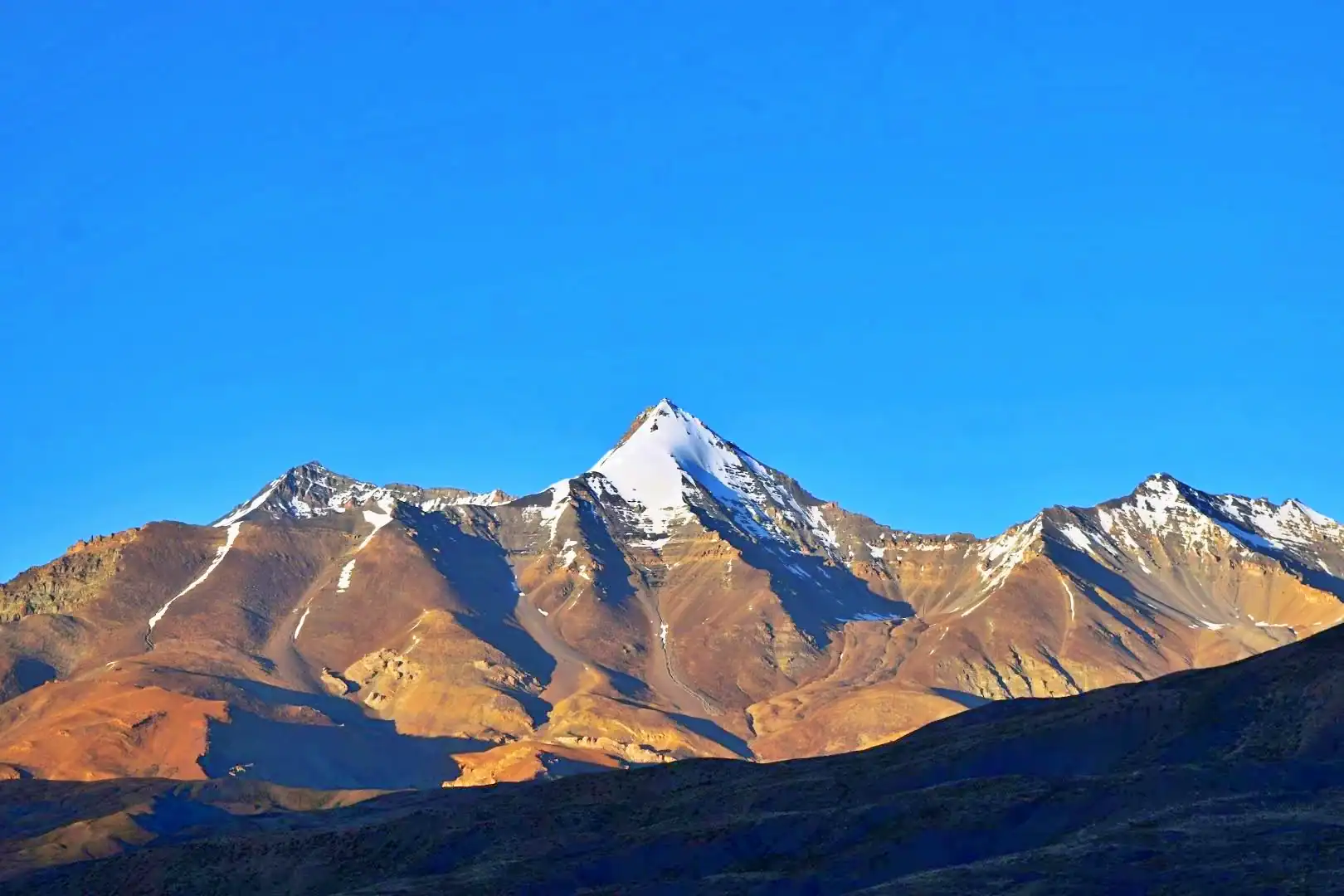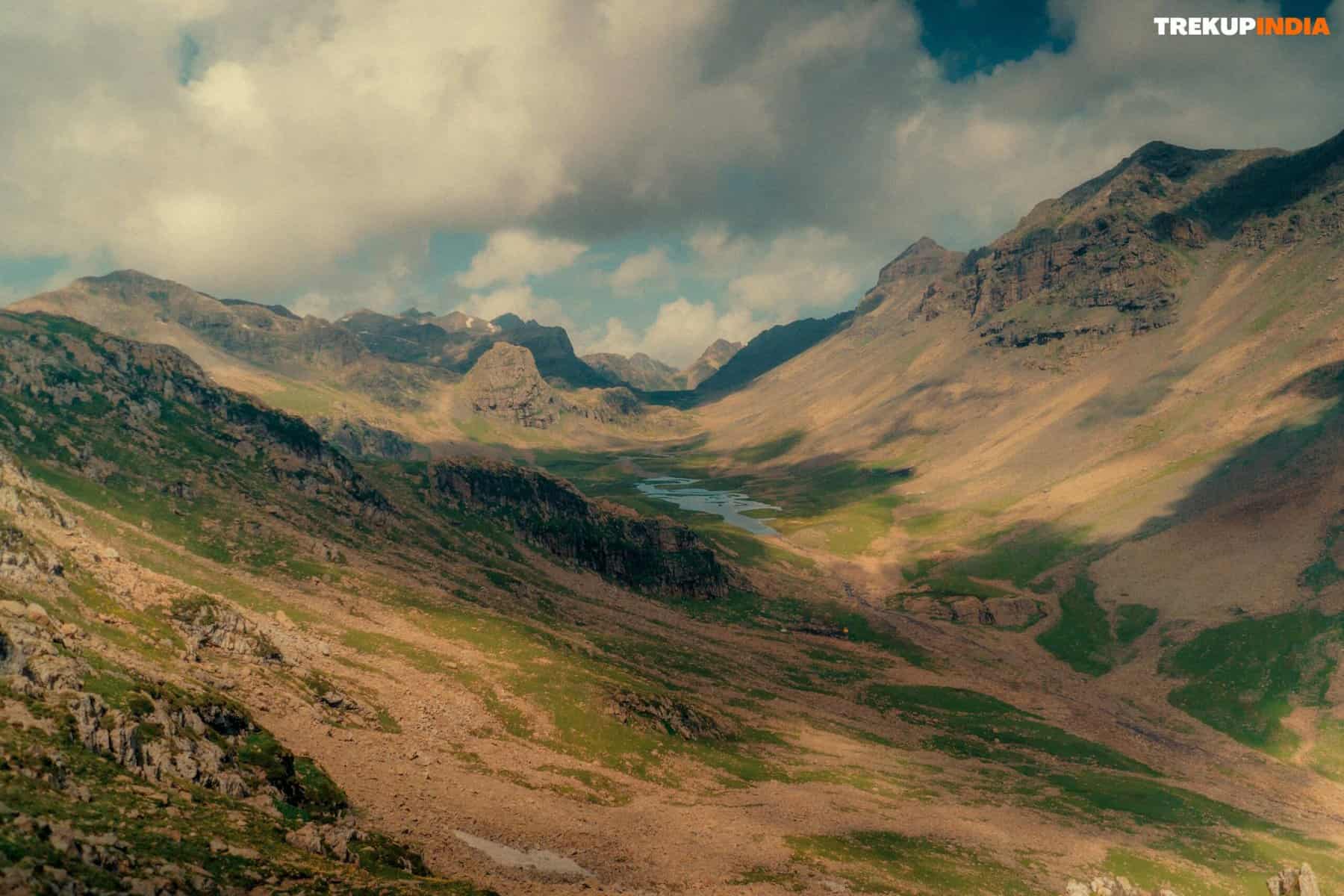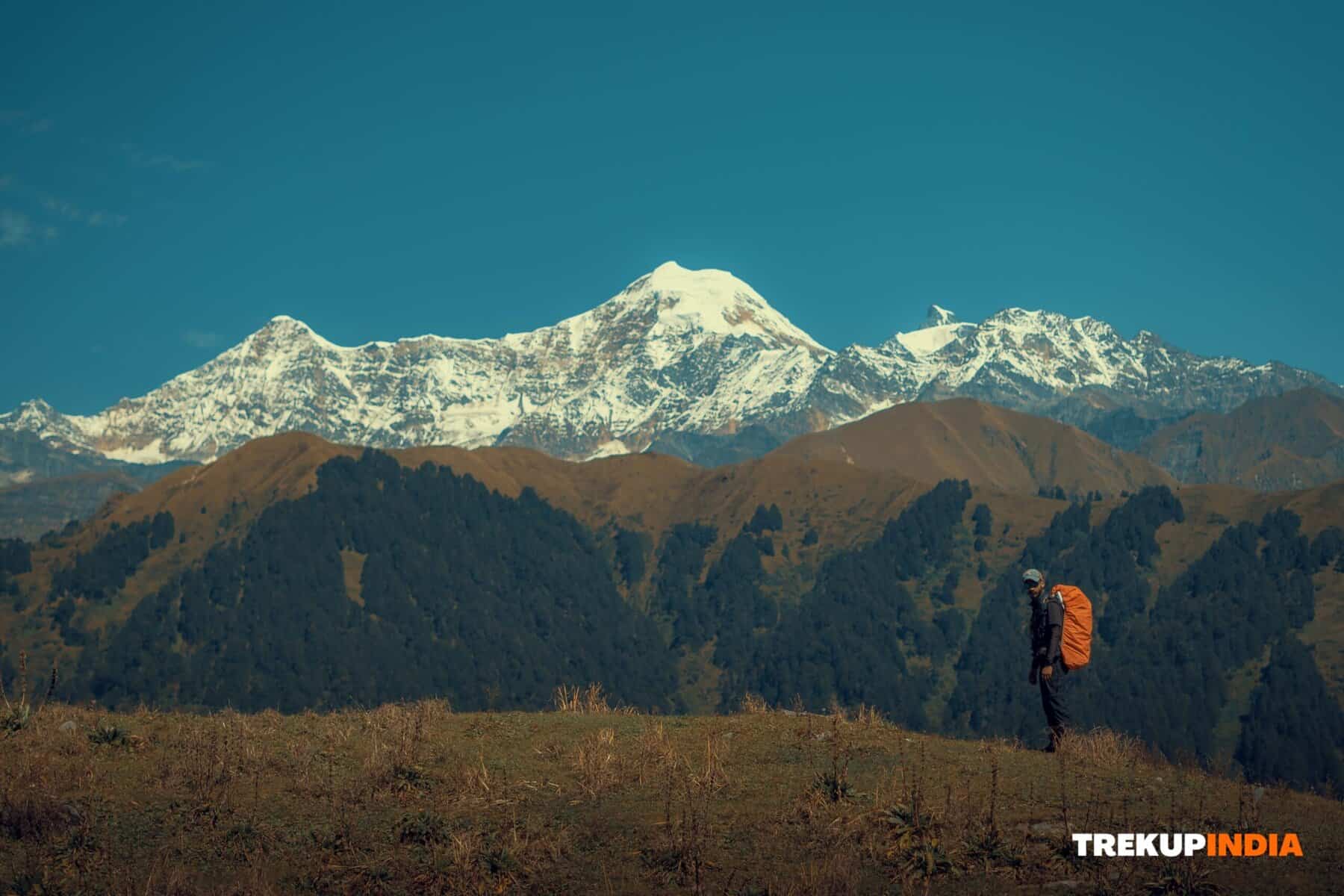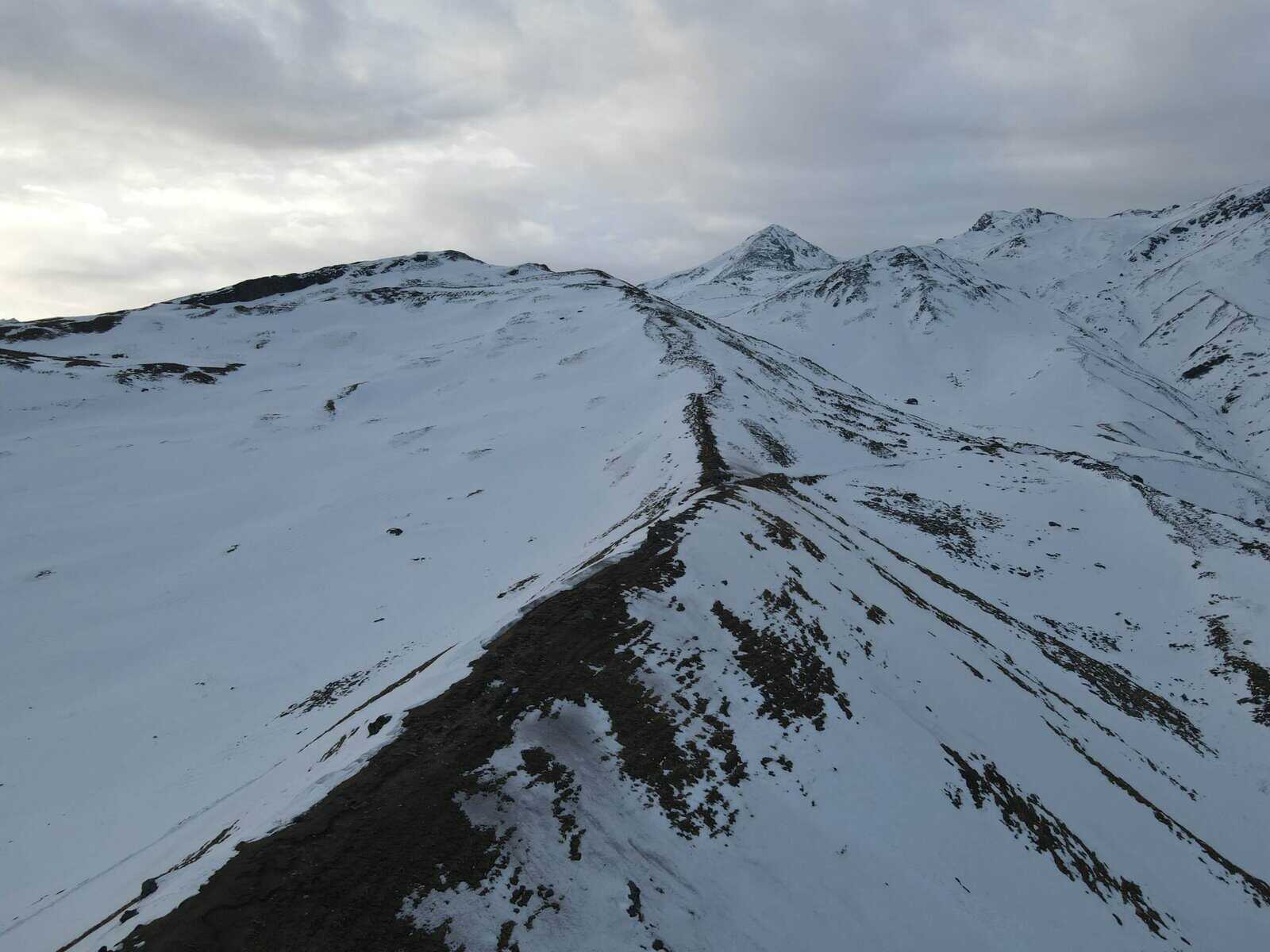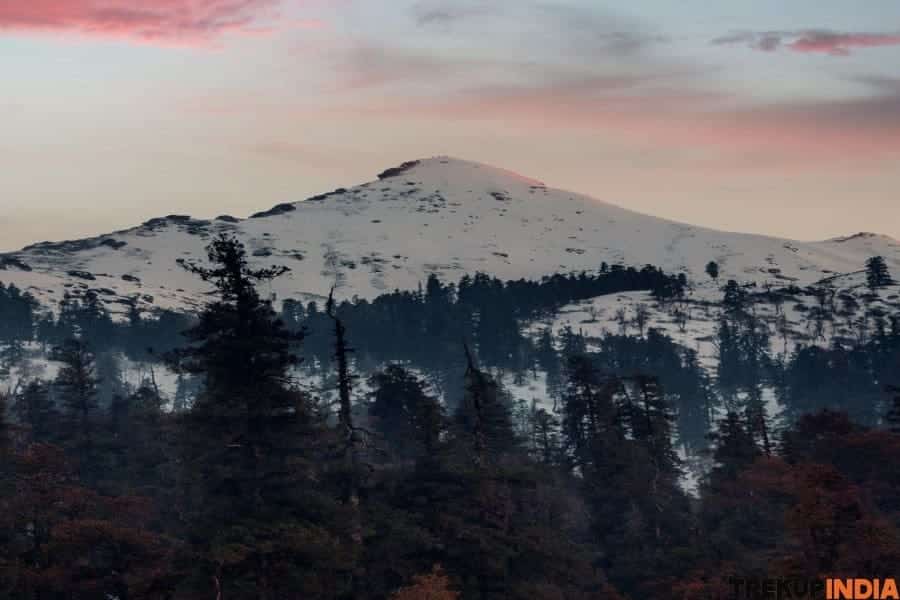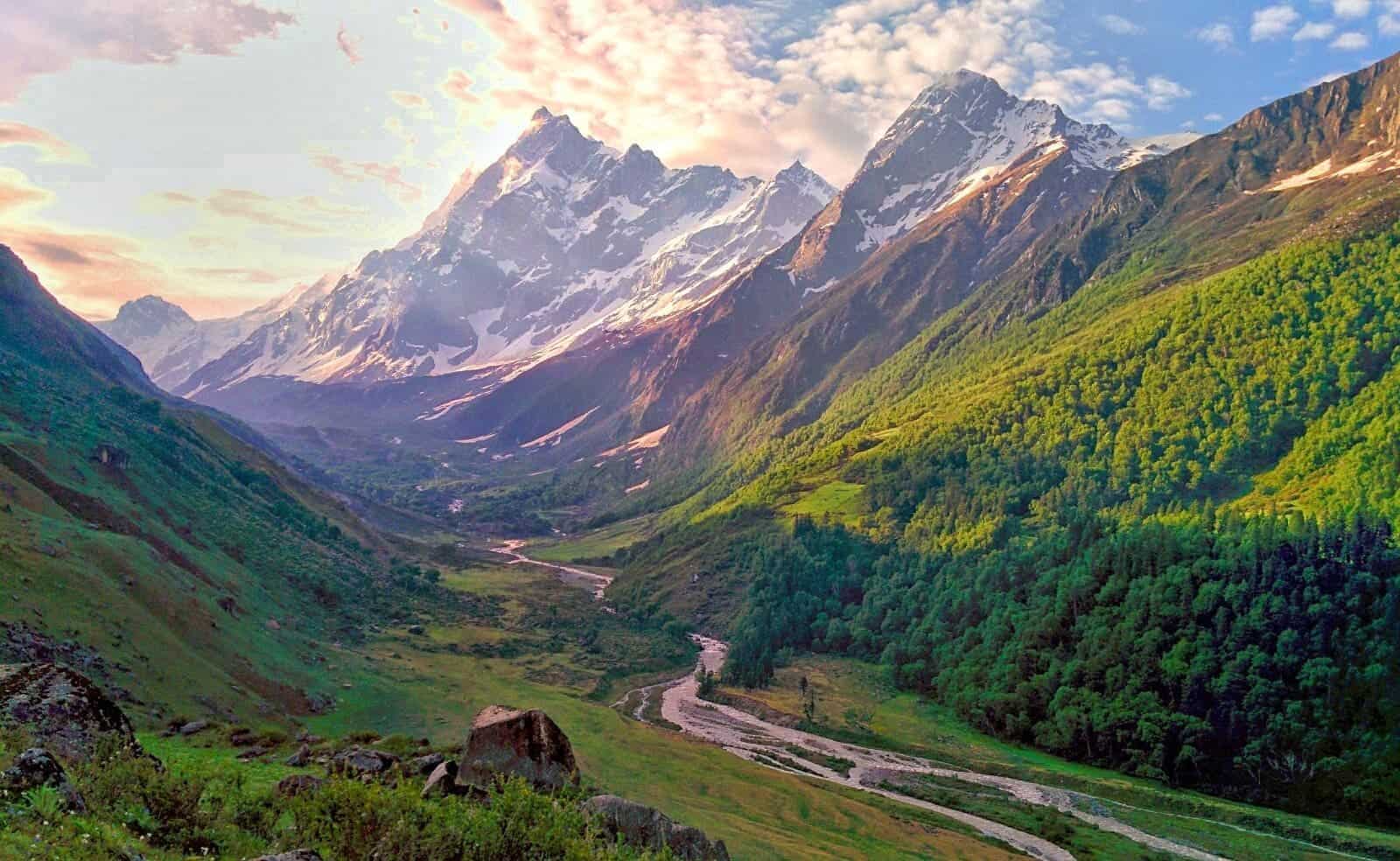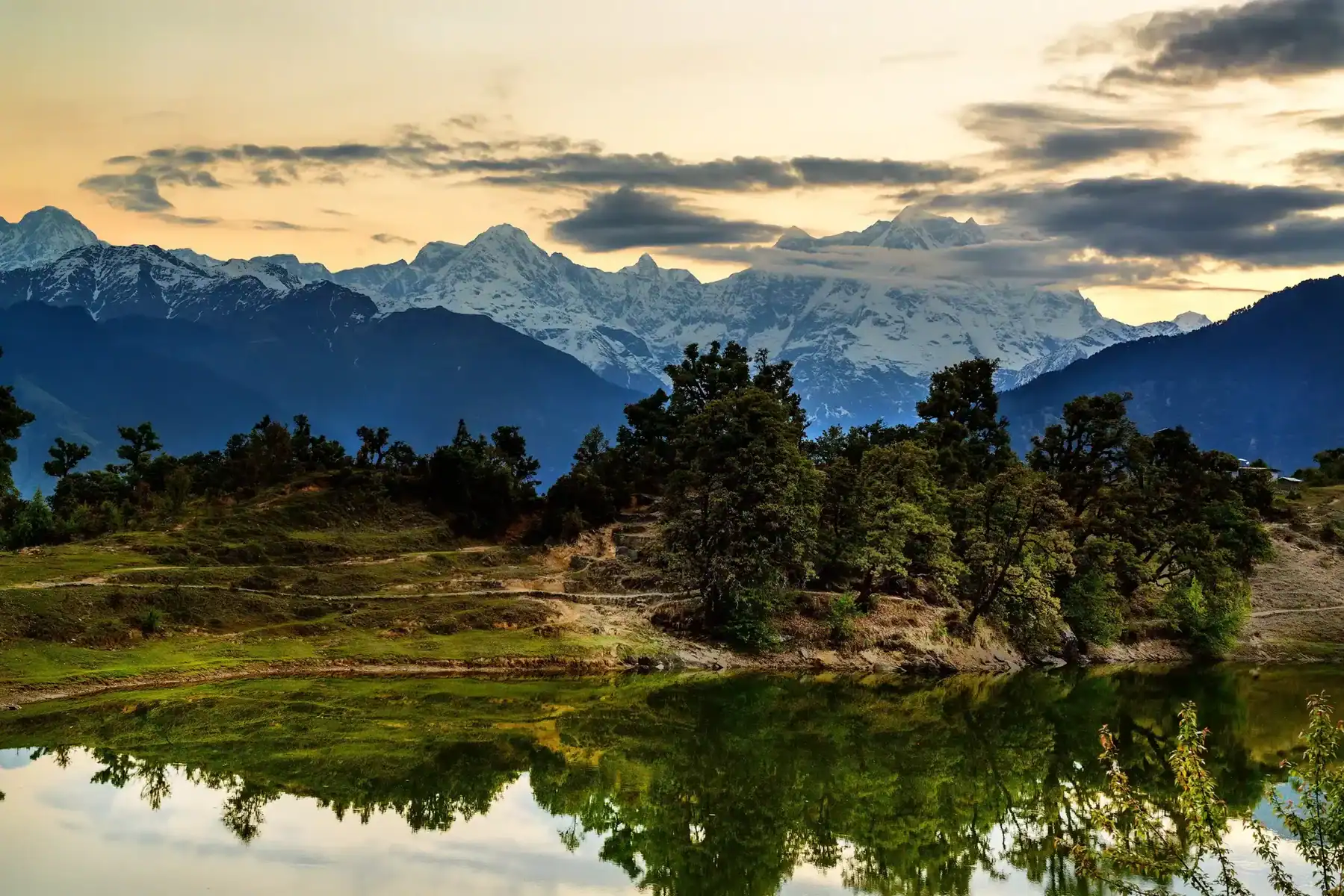Pre-Trek Health Check India: What to Ask Your Doctor
Trekking in areas such as the Indian Himalayas or Western Ghats can be an unforgettable experience, offering breathtaking views, captivating cultural connections, and the thrill of pushing oneself further than ever before. However, before embarking on any trek, one crucial action must be taken that could determine its success or failure: an initial pre-trek health screening.
TrekUp India understands that the significance of an effective medical plan can make a difference in ensuring a safe and fulfilling trek, or one that ends prematurely due to preventable illnesses. Your body will face challenges like reduced oxygen levels in unpredictable weather and strenuous treks; consulting a physician before starting can be seen as investing in both your safety and the success of your workout.
Before setting out on the trek, what are some key considerations you need to discuss with your physician?
1. Altitude Readiness and Prevention for AMS
High altitude trekking in India, such as Roopkund, Stok Kangri, or Goecha La, can put trekkers at risk of acute Mountain Sickness (AMS).
Speak to your physician regarding:
- Your body reacts differently when exposed to changes in altitude.
- Acetazolamide (Diamox) may be suitable as preventative medication and would come highly recommended.
- Signs and symptoms of acute mountain sickness (AMS). Also, HAPE and HACE.
- What are the most effective strategies to accelerate ascent, and why is acclimatization essential?
2. Cardiovascular & Respiratory
Health Ascents can be challenging, and breathing thinner air could put strain on both lungs and heart. Consequently, anyone with asthma, COPD, or heart conditions is recommended to discuss this matter before ascending any mountain range.
If you have not engaged in strenuous exercise for the last few days, a simple stress test should be undertaken.
Your oxygen saturation levels at rest and after exercise should remain relatively consistent.
3. Vaccinations & Preventive Care
Medical services can often be far away in rural areas. Consult your physician with questions related to vaccinations and preventive care for optimal health in these circumstances.
Tetanus booster (especially for children aged over 10).
Remote and rural trekkers should carry both Hepatitis A/B and Typhoid vaccines in case they visit remote or rural regions.
Rabies vaccine is strongly advised if trekking through areas inhabited by wild animals or wildlife.
4. Pre-existing Conditions and Medications
WATCHOUT If you are hypertensive or diabetic or have additional chronic illnesses:
Consider altering medication schedules if living remotely.
Discover how exertion and altitude impact blood glucose or blood pressure levels.
Extra medications should be stored in waterproof containers with labels.
5. Physical Fitness and Injury Prevention
Your doctor can assist in helping prepare both body and mind for this trek.
Cover: Training pre-treks can be an excellent way to build strength, endurance, and stability.
Ankle, knee, or back pain that requires bracing or additional support.
Strategies for recovering from muscle strain or fatigue
6. Trek Specific Medical Kit:
Speak to your physician for their opinion when selecting an appropriate trekspecific medical kit:
Anti-inflammatory and pain relieving medications.
Oral Rehydration Salts (ORS).
Antihistamines for allergy relief.
Essential items for wound care (bandages and antiseptics).
7. Nutrition & Hydration Guidance
Your diet will likely change as your trek progresses.
How can we maintain the balance of electrolytes during trekking?
Avoid certain foods if you suffer from digestive issues.
Water safety practices that apply to mountain environments.
Conclusion
Before embarking on your trek, undergoing a health examination can serve as more than just a necessary procedure; it provides valuable protection from potential dangers in your adventure. Assuring you can meet both physical fitness demands and the unpredictable terrain in India will require discussing altitude related health ailments with your physician in advance and providing the essential medical equipment necessary for the food regimen. Discussing vaccinations and any specific needs regarding fitness training with them, as well as any necessary equipment, will enable you to trek in India’s Himalayas successfully. TrekUp India has demonstrated how this can make all the difference when embarking on a trek, whether interrupted due to unexpected difficulties or completed with enthusiasm, safety, and joy. Imagine getting prepared to utilize your most essential piece of equipment before beginning your adventure your body!
About Author

Preetam Singh Rawat (Founder)
The person behind this trekking organization is someone who’s spent over a decade – 12 years, to be exact – living and breathing the mountains. With multiple high altitude summits under his belt (we’re talking 6000 to 7000 meter peaks), he’s not just experienced – he’s the real deal.
But what really sets him apart is the sheer number of treks he has guided. He has led over 200 Himalayan expeditions, including well known routes like Bali Pass, Buran Ghati, Rupin Pass, Pin Bhabha, Stok Kangri, and Black Peak. Not just once, but multiple times. So yeah, when it comes to the Himalayas, he knows every twist in the trail and every story the mountains have to tell.
Got questions or want to get in touch? Write to Preetam at preetam@trekupindia.com. He’s always happy to chat about treks, answer your questions, or help you prepare for your next big adventure.
Share this article
Dates For Upcoming Treks
Want To Trek Like Pro?
Basically, watch these videos if you want to trek the same way professional trekkers do and make your skills better. These videos contain useful tips and techniques to further improve your trekking skills itself. These videos actually help both new and experienced trekkers improve their trekking skills. These videos definitely provide useful tips that make your trek better. We are seeing that these videos by Trekup India experts will only help you make your trekking skills better.
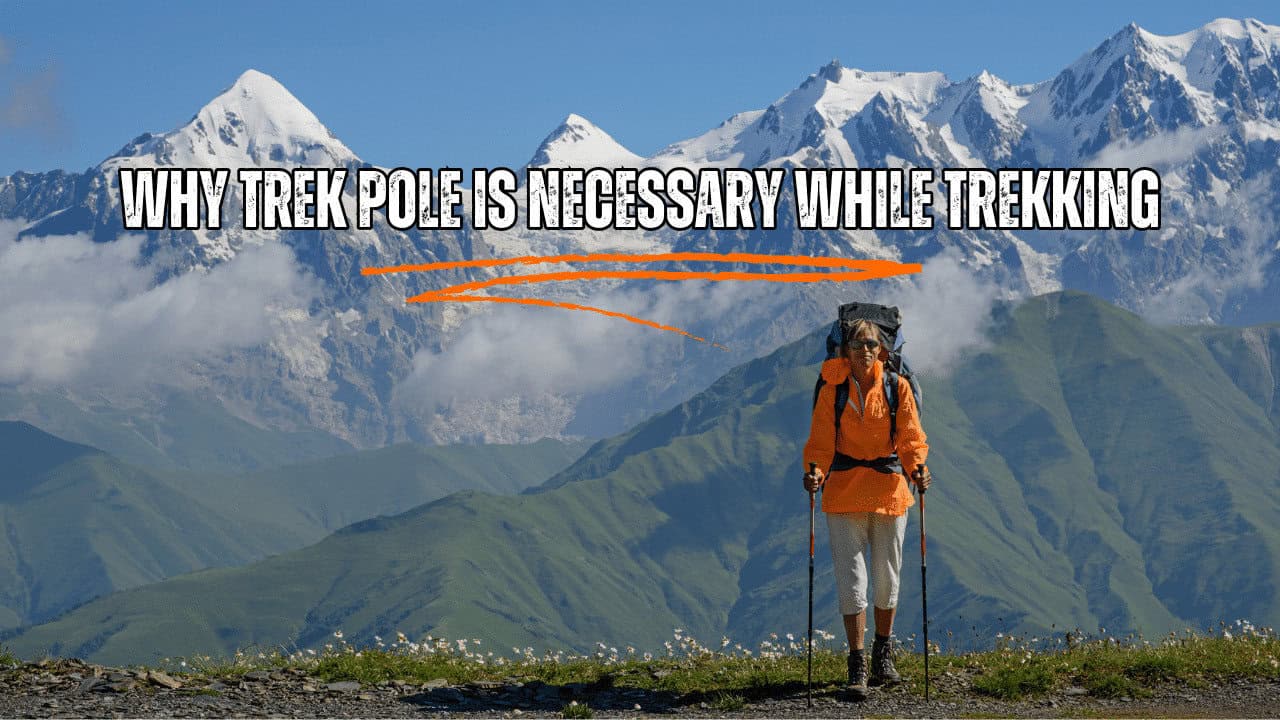
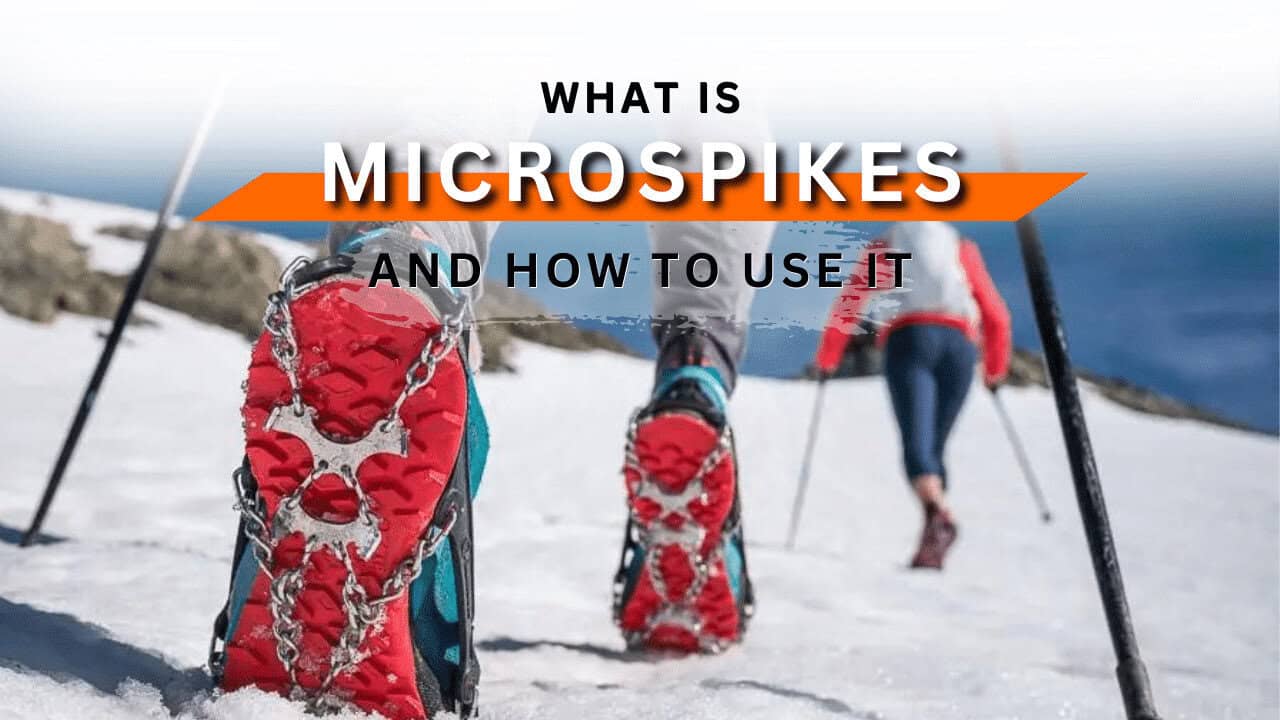
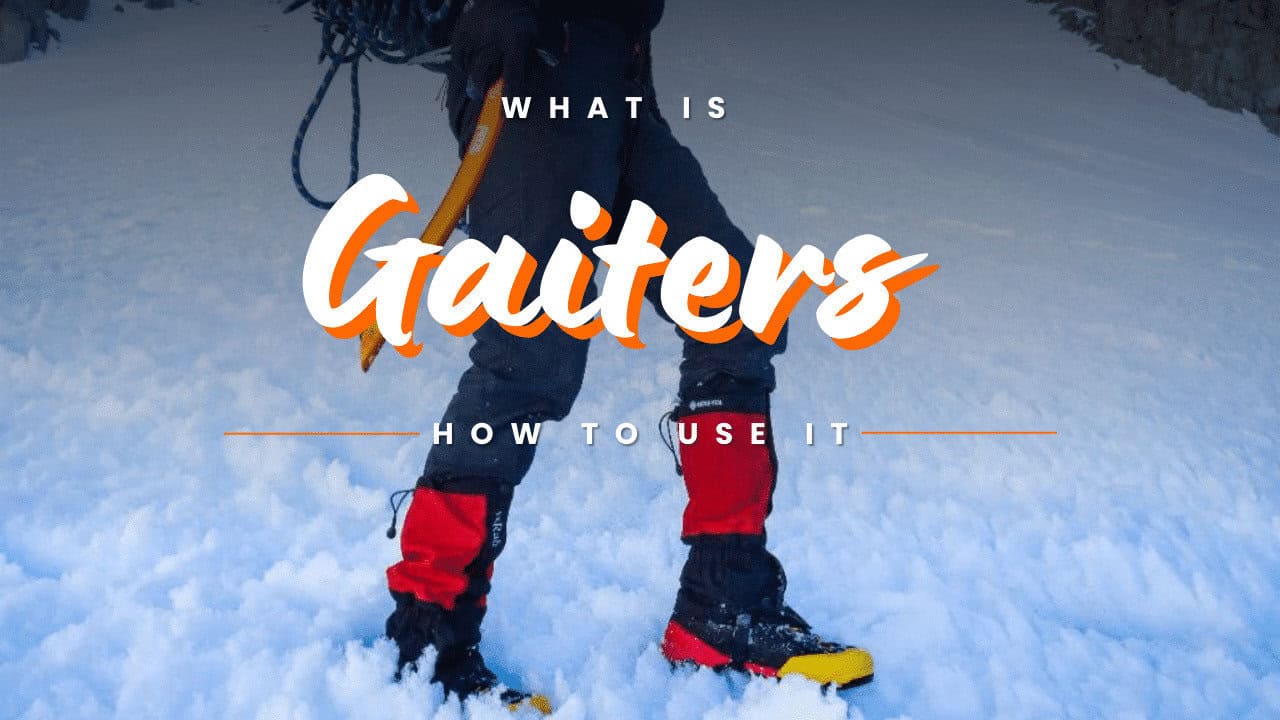
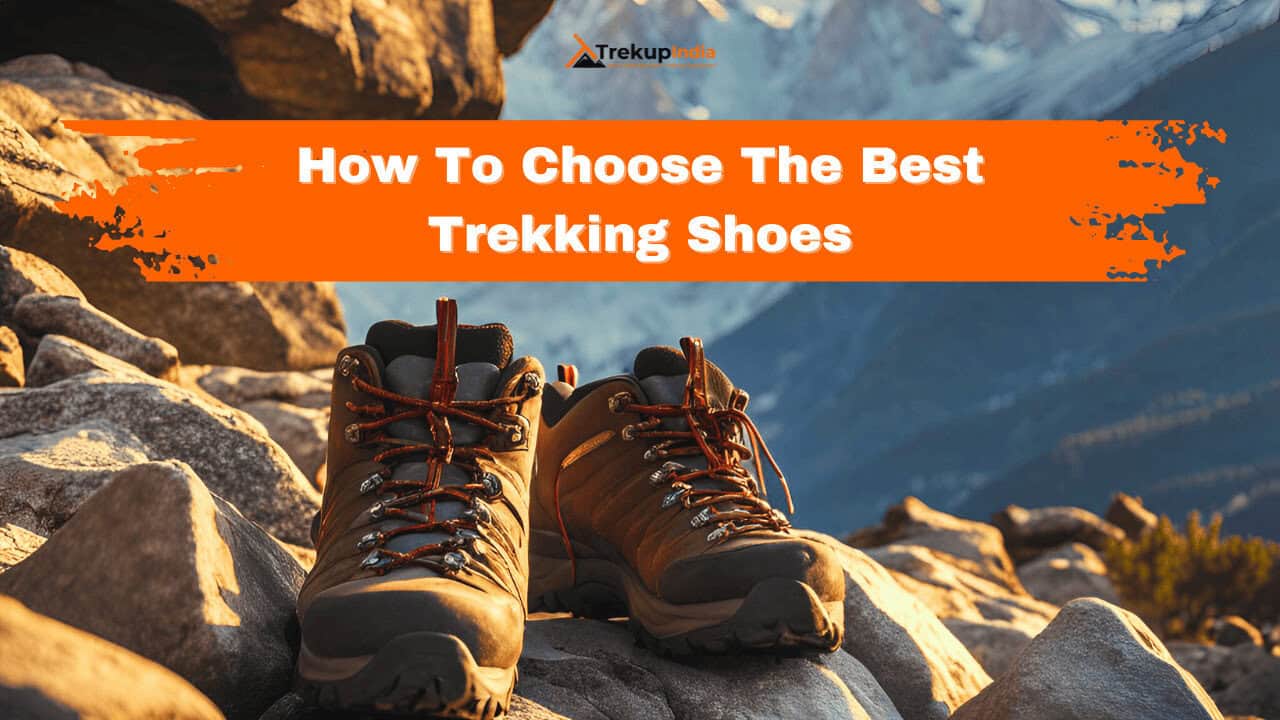
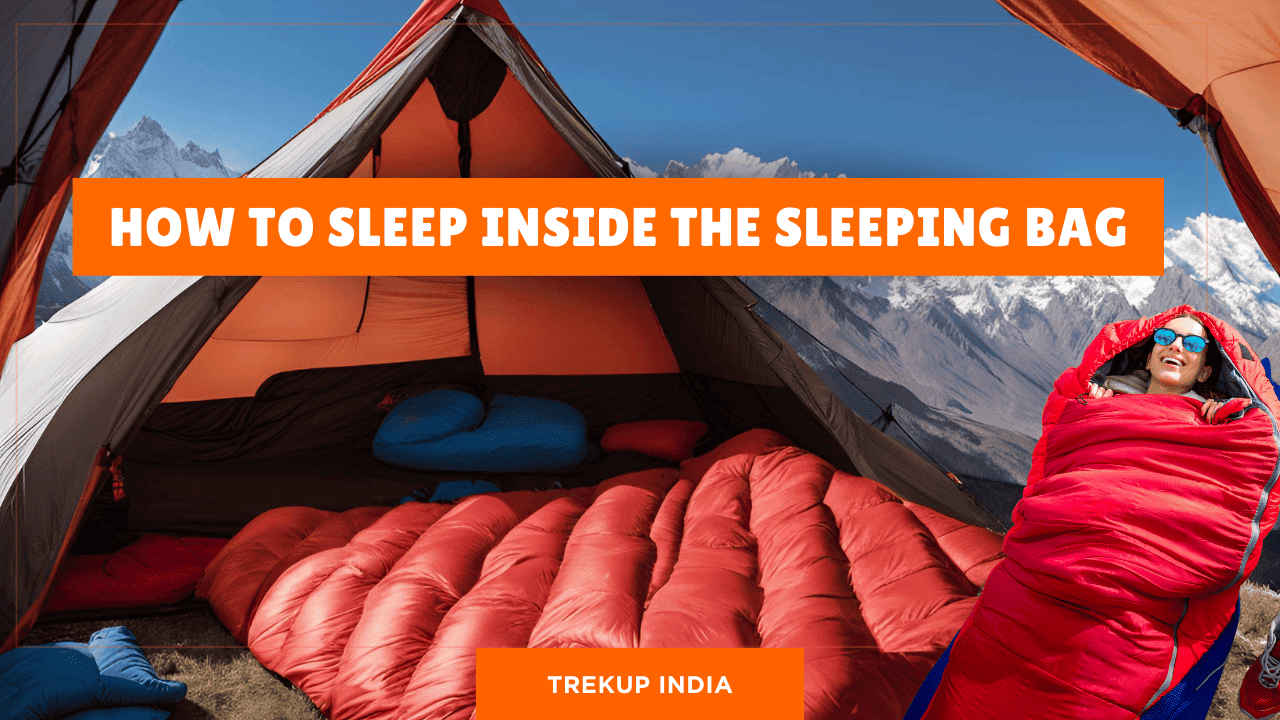
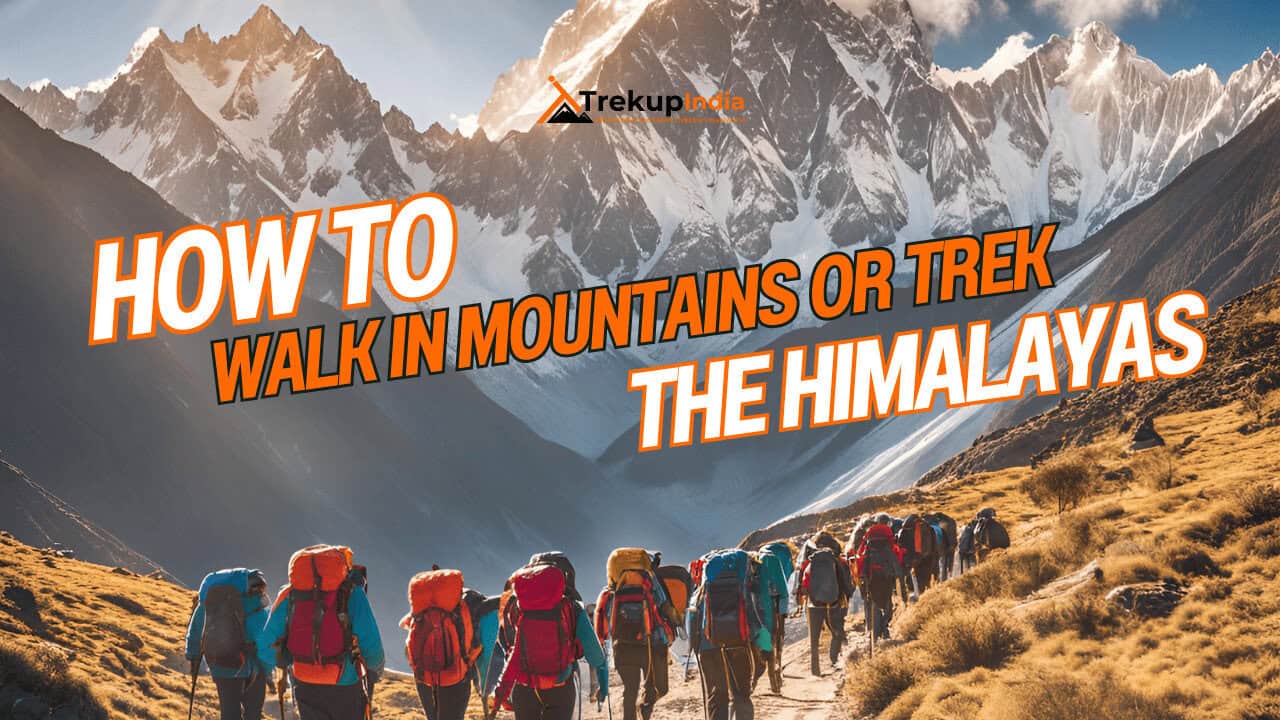
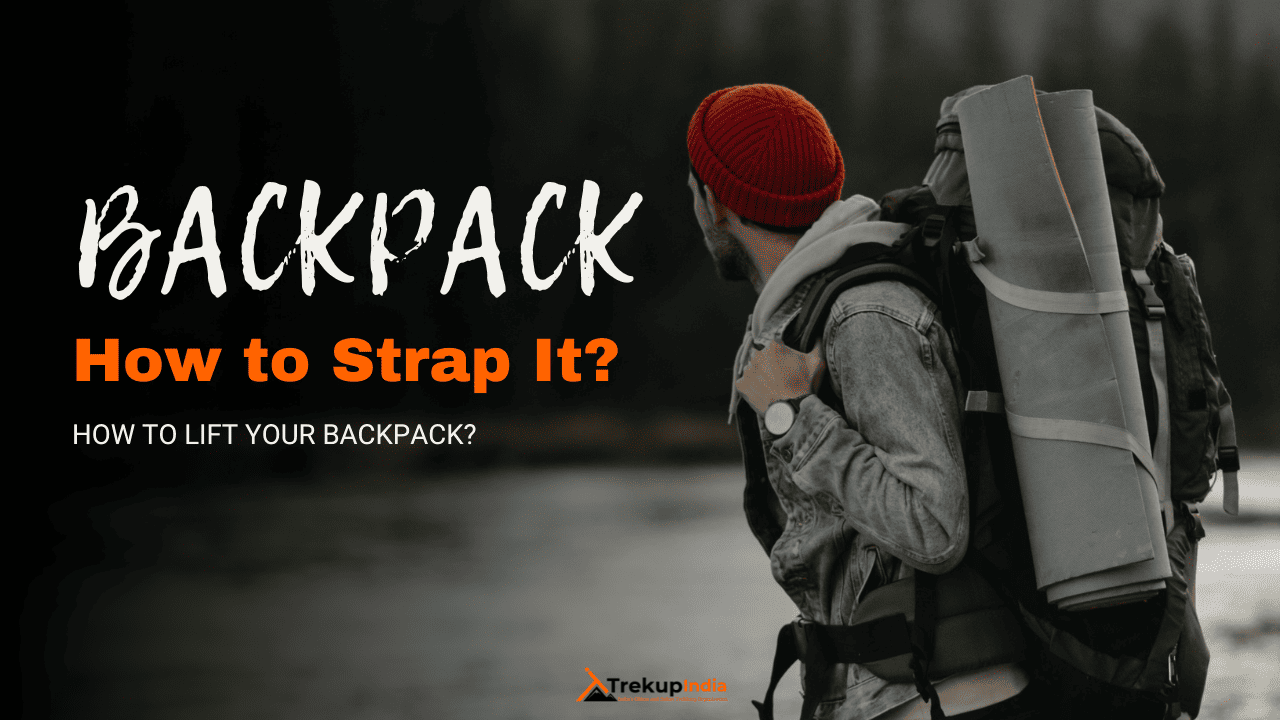
Know Everything About Acute Mountain Sickness
Acute Mountain Sickness occurs when people trek to high altitudes above 8,000 feet. This condition itself develops further due to reduced oxygen levels at such heights. Basically, as you go higher up, the air pressure and oxygen levels decrease, which causes the same problem. Acute Mountain Sickness surely causes headache, nausea, vomiting, and dizziness in affected persons. Moreover, peoples also experience difficulty in sleeping during this condition. To avoid mountain sickness, you should actually trek up slowly to higher altitudes. To learn further about this condition itself, watch the videos by Trekup India.
